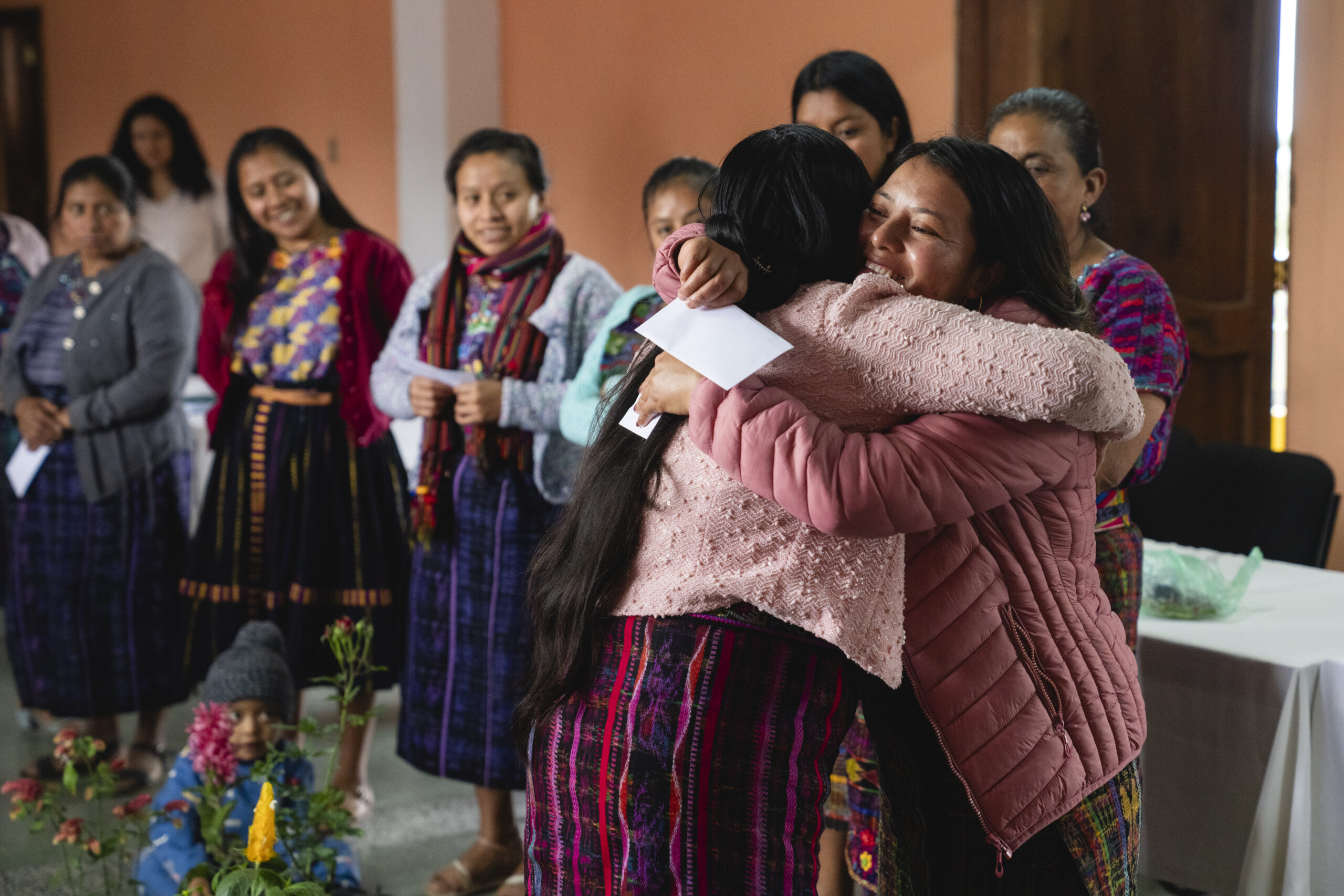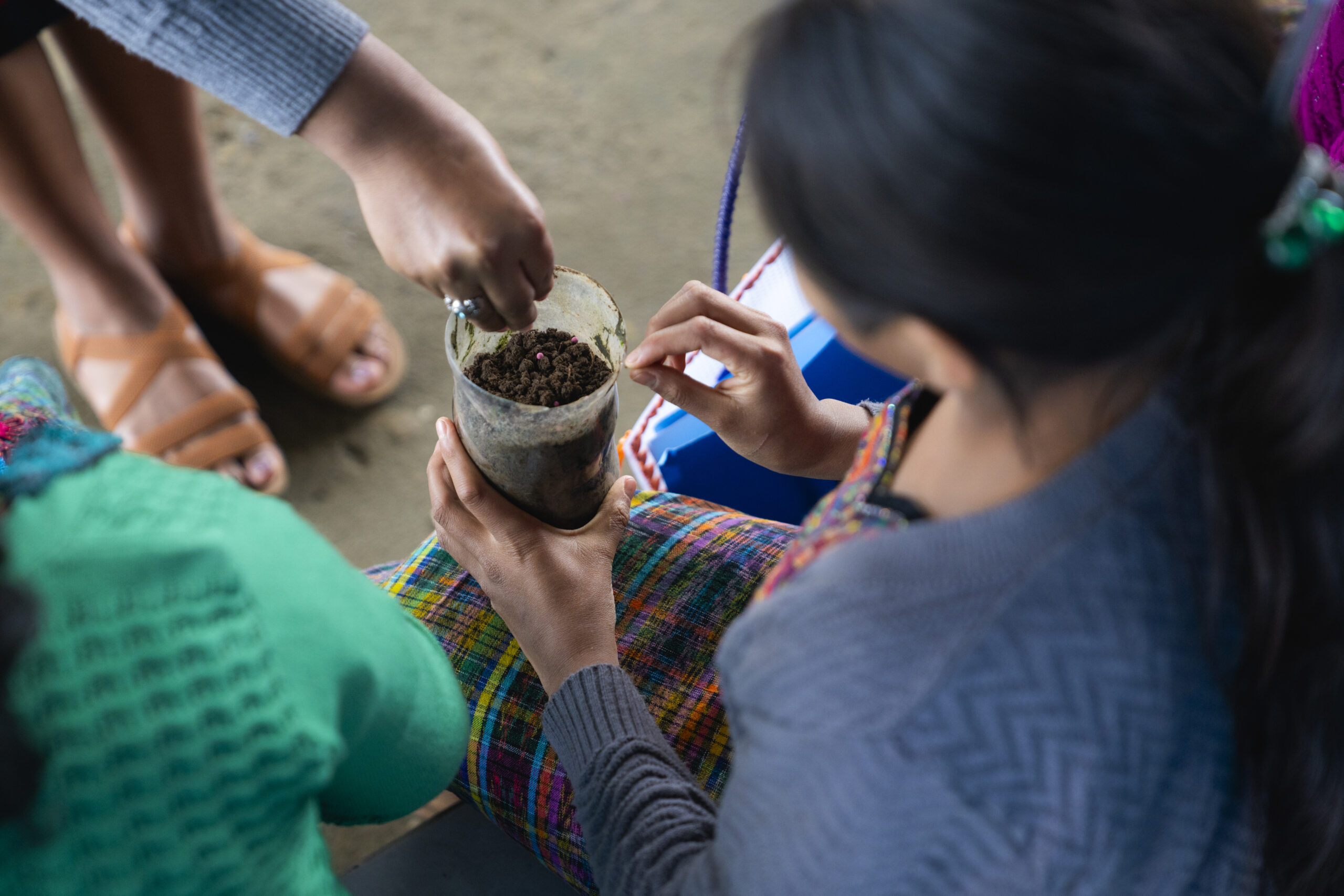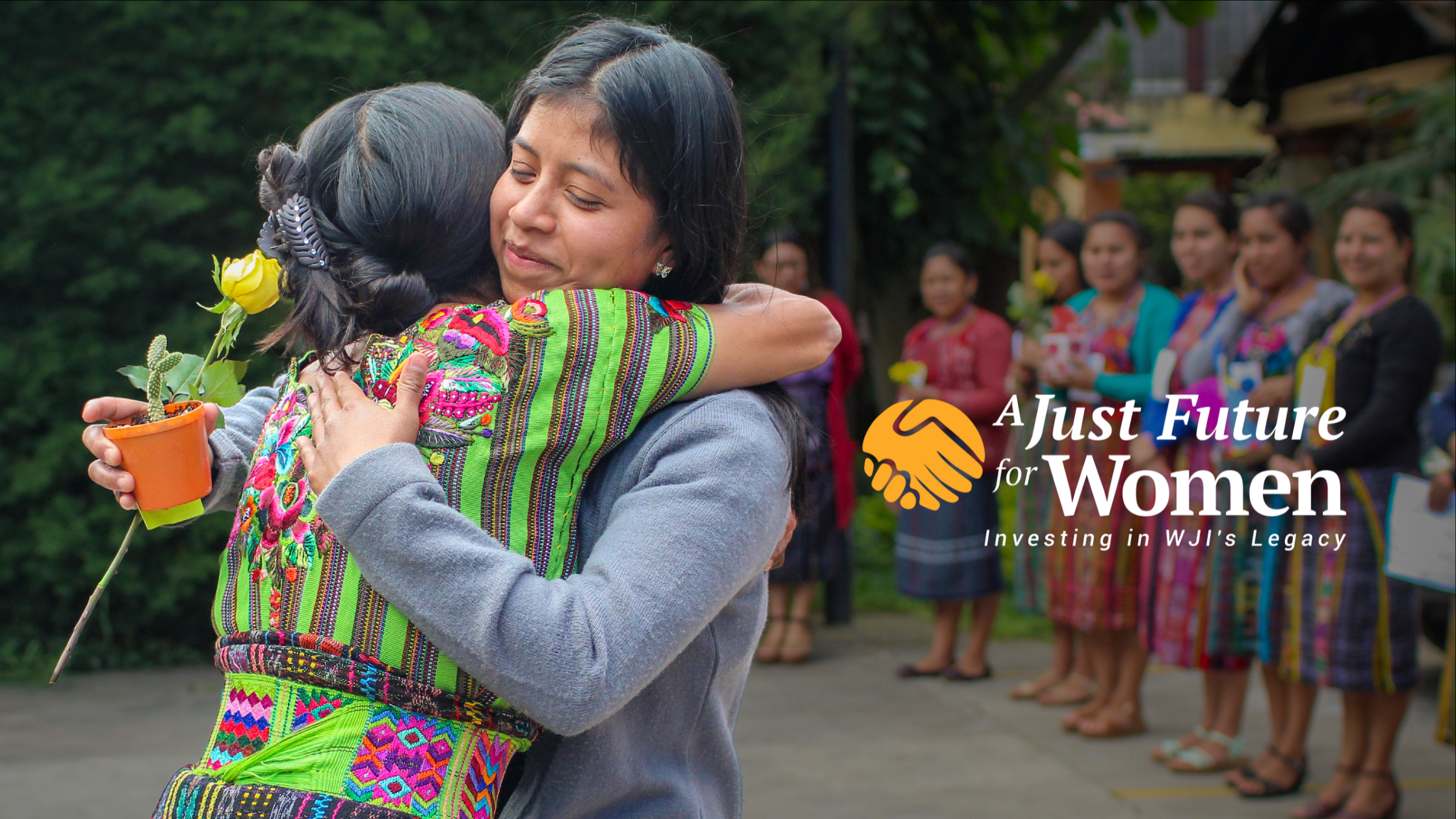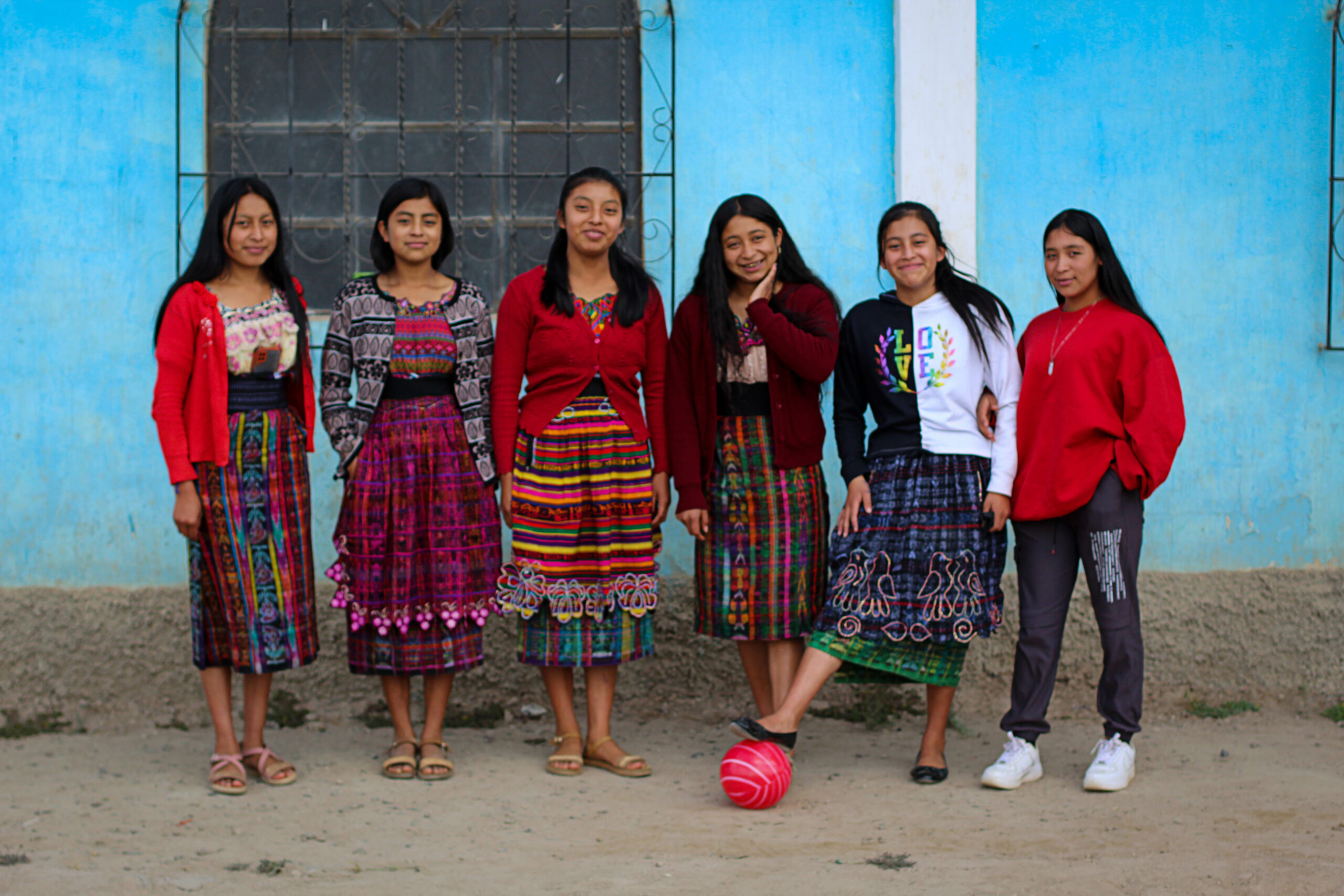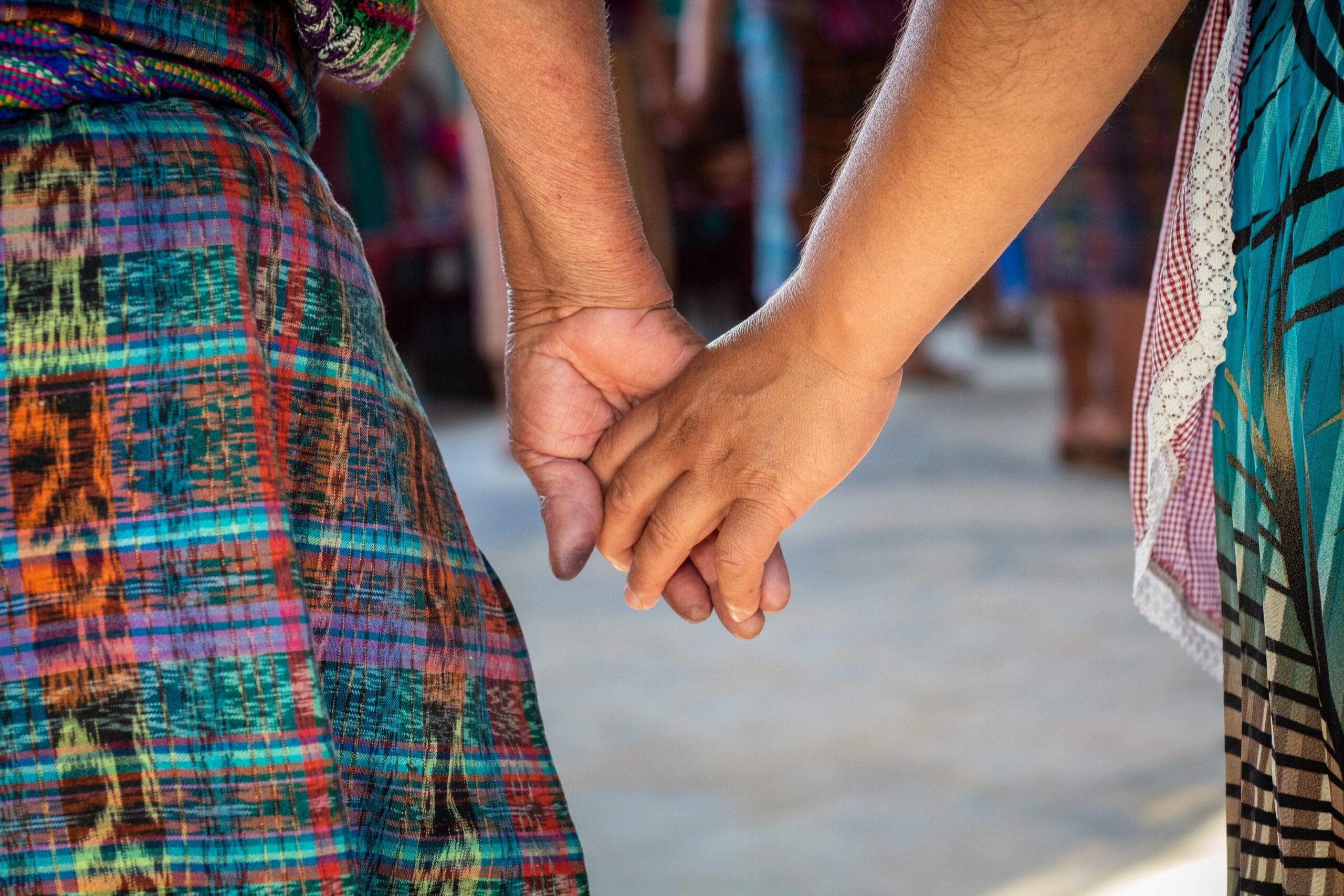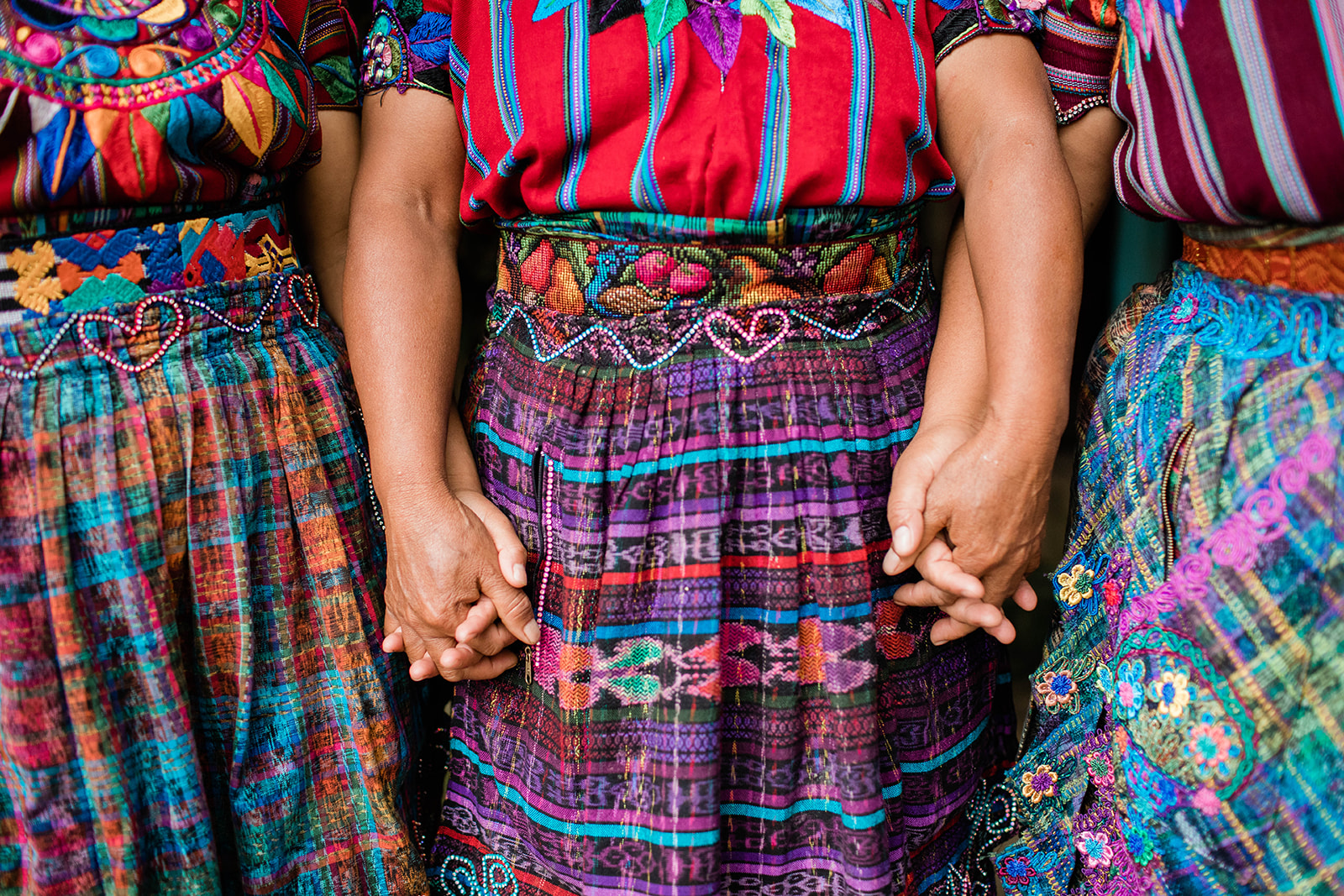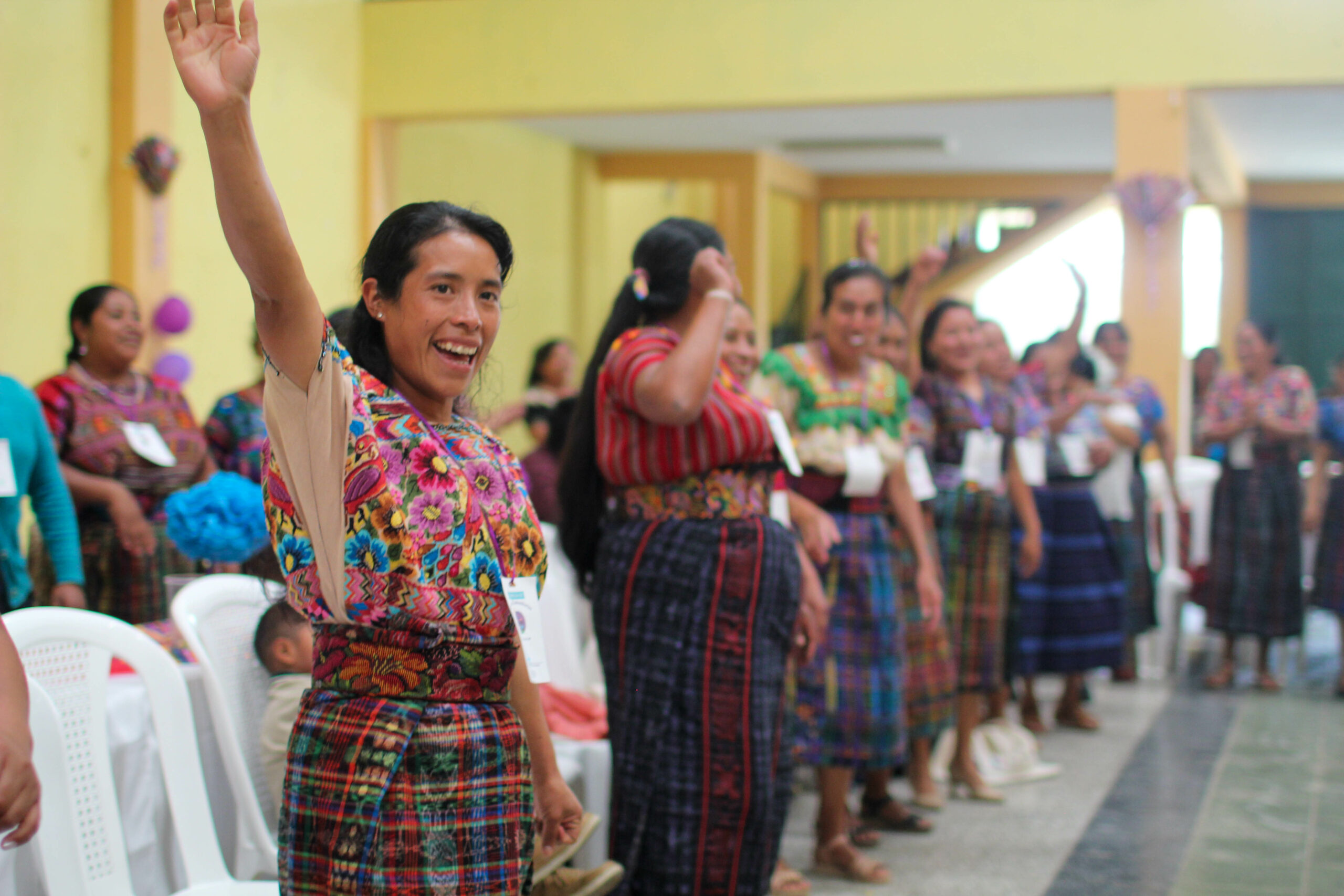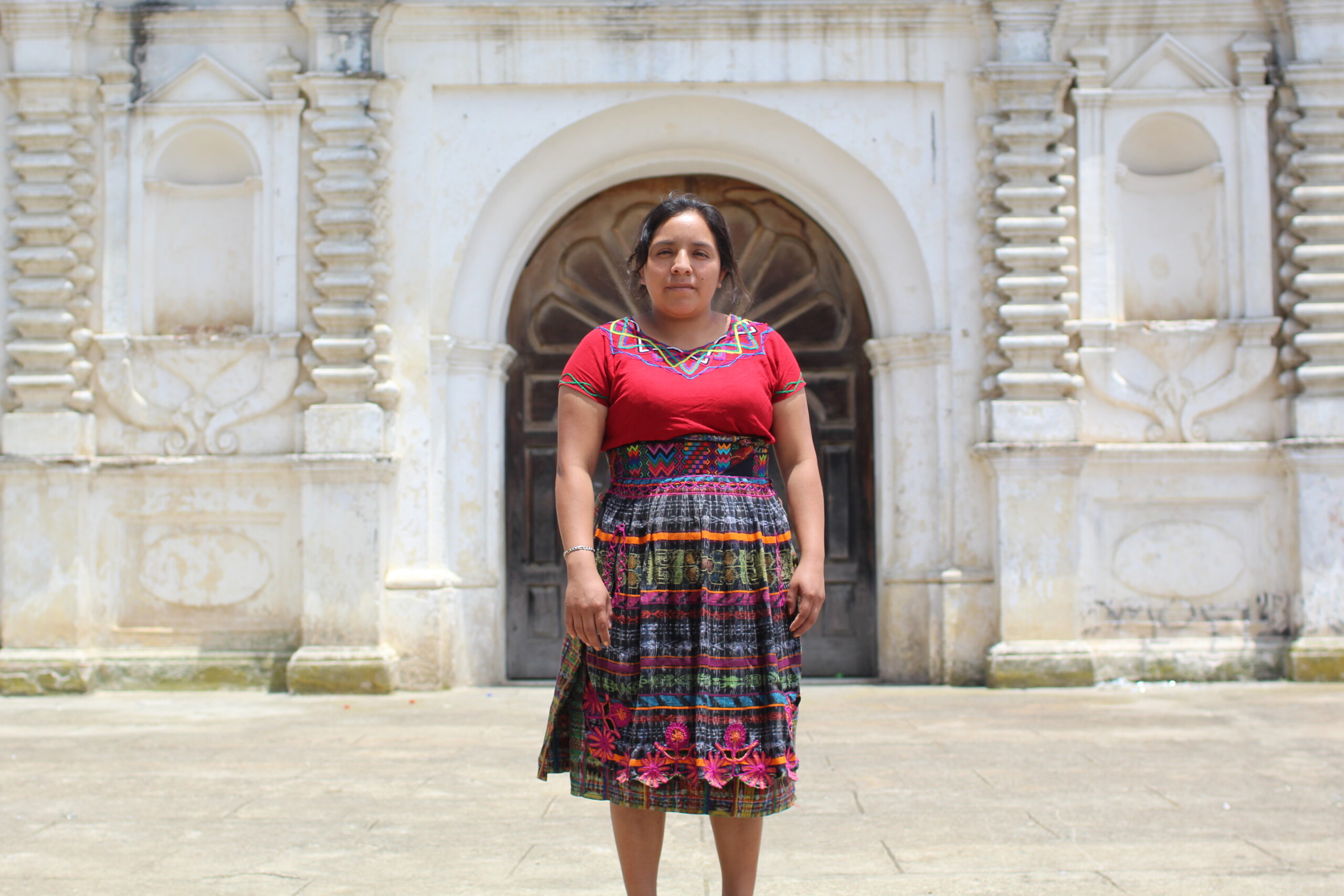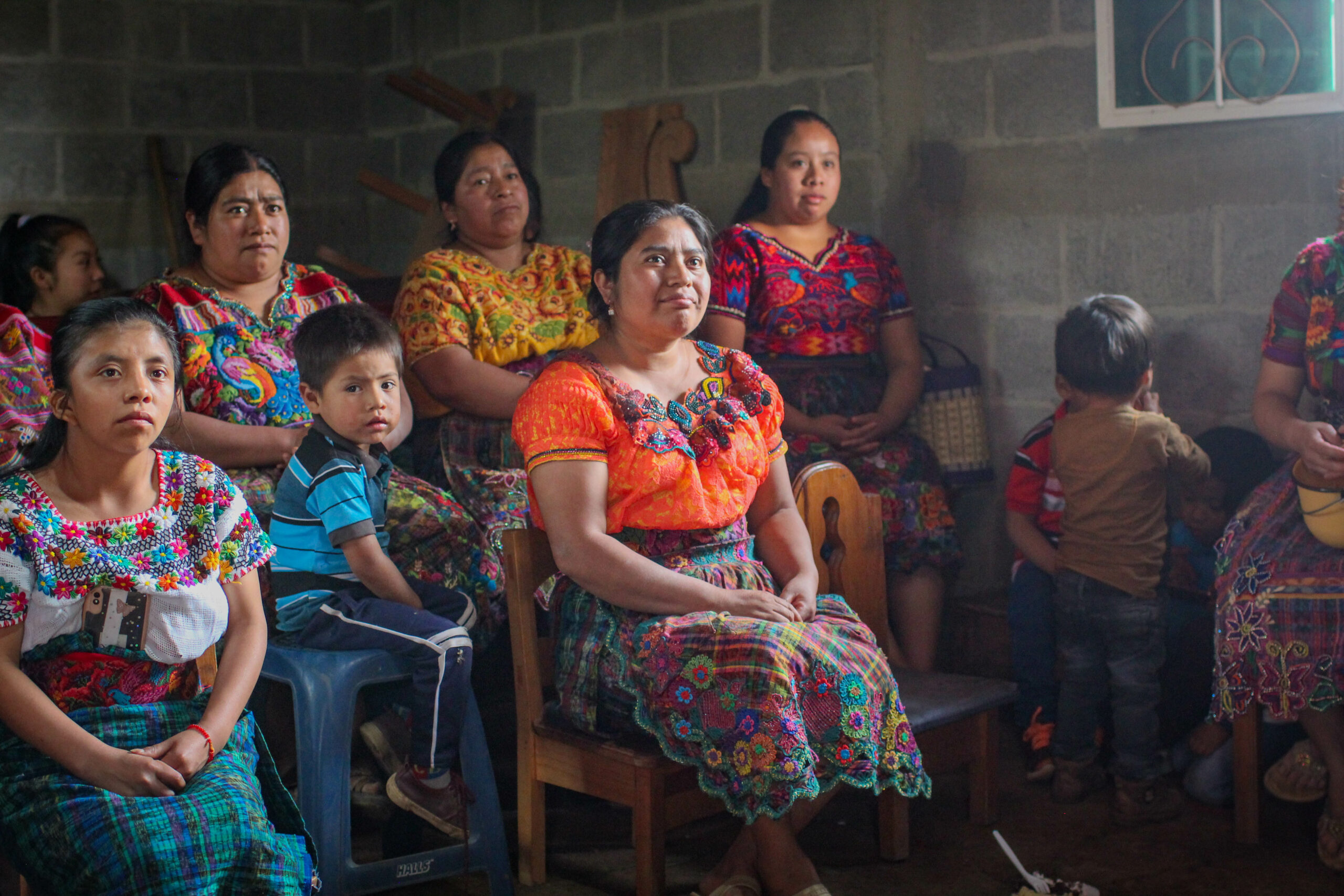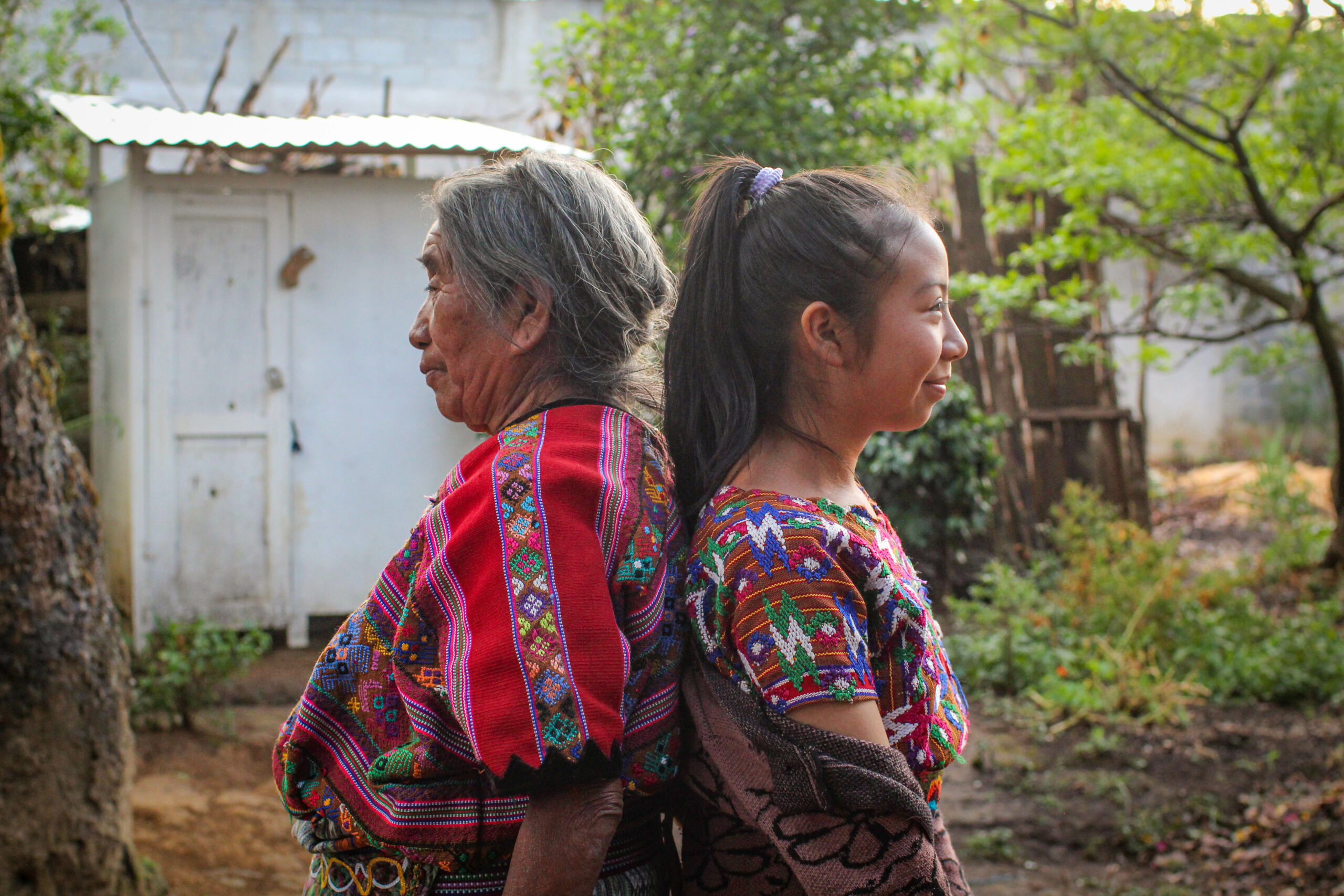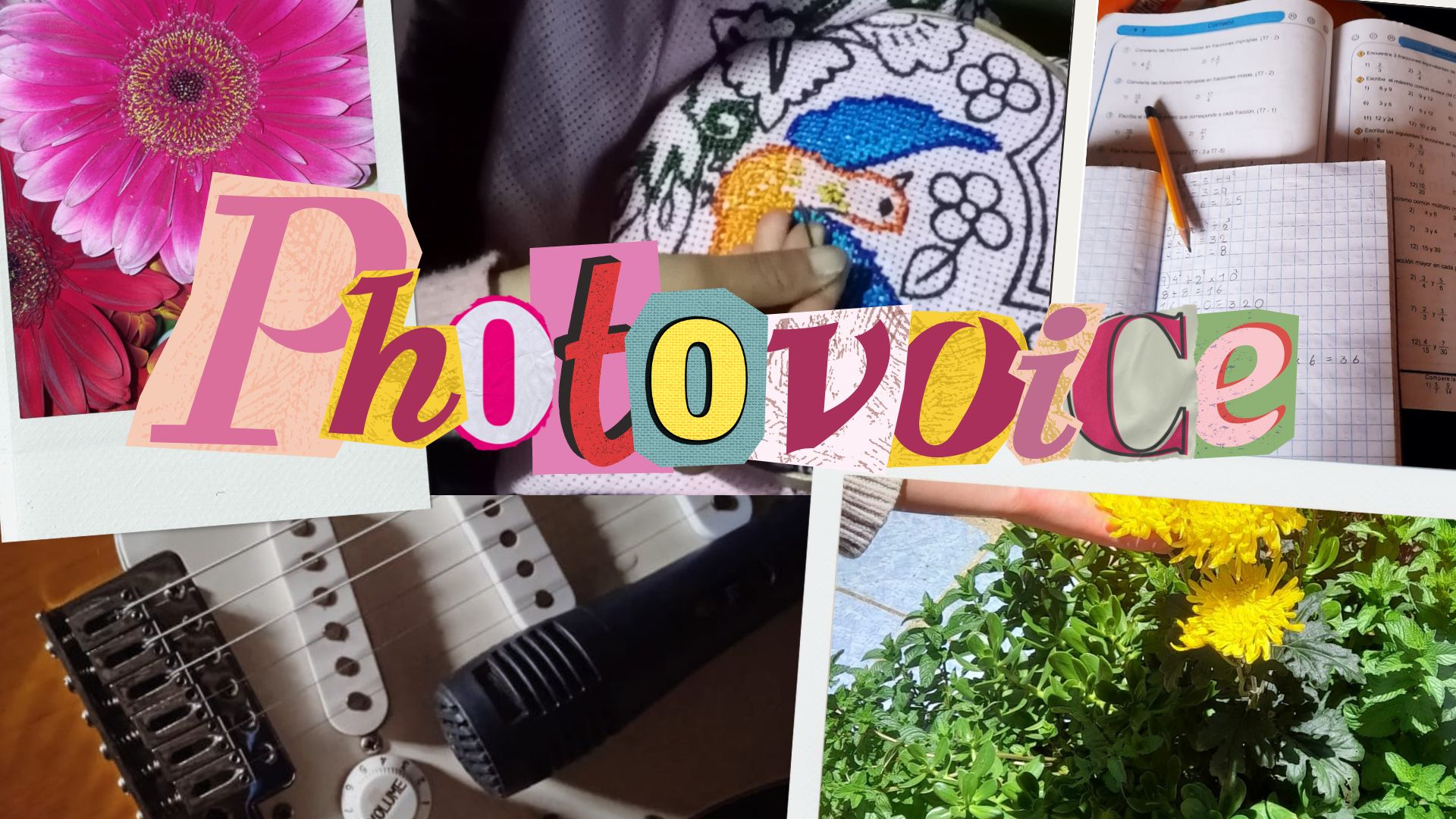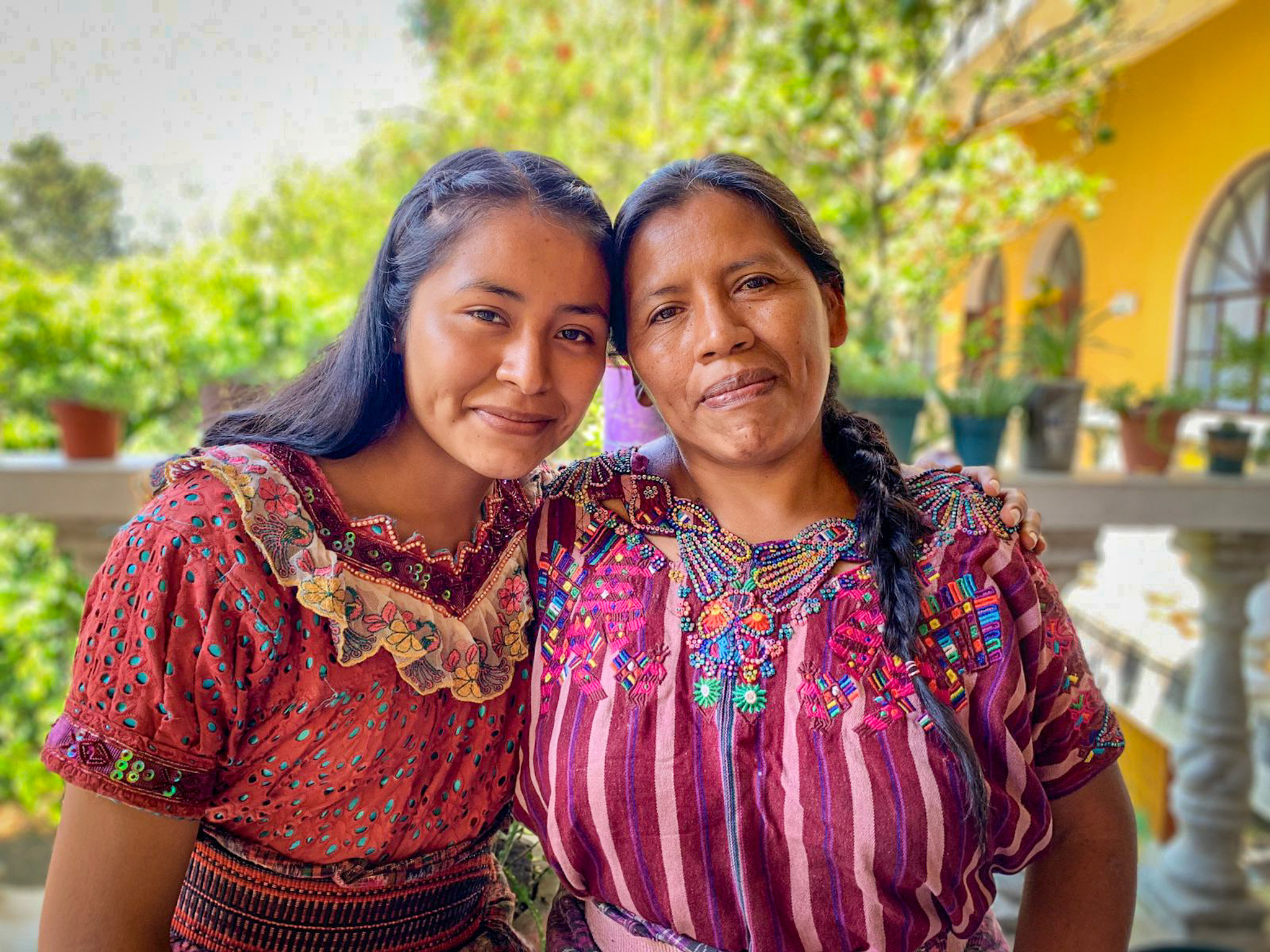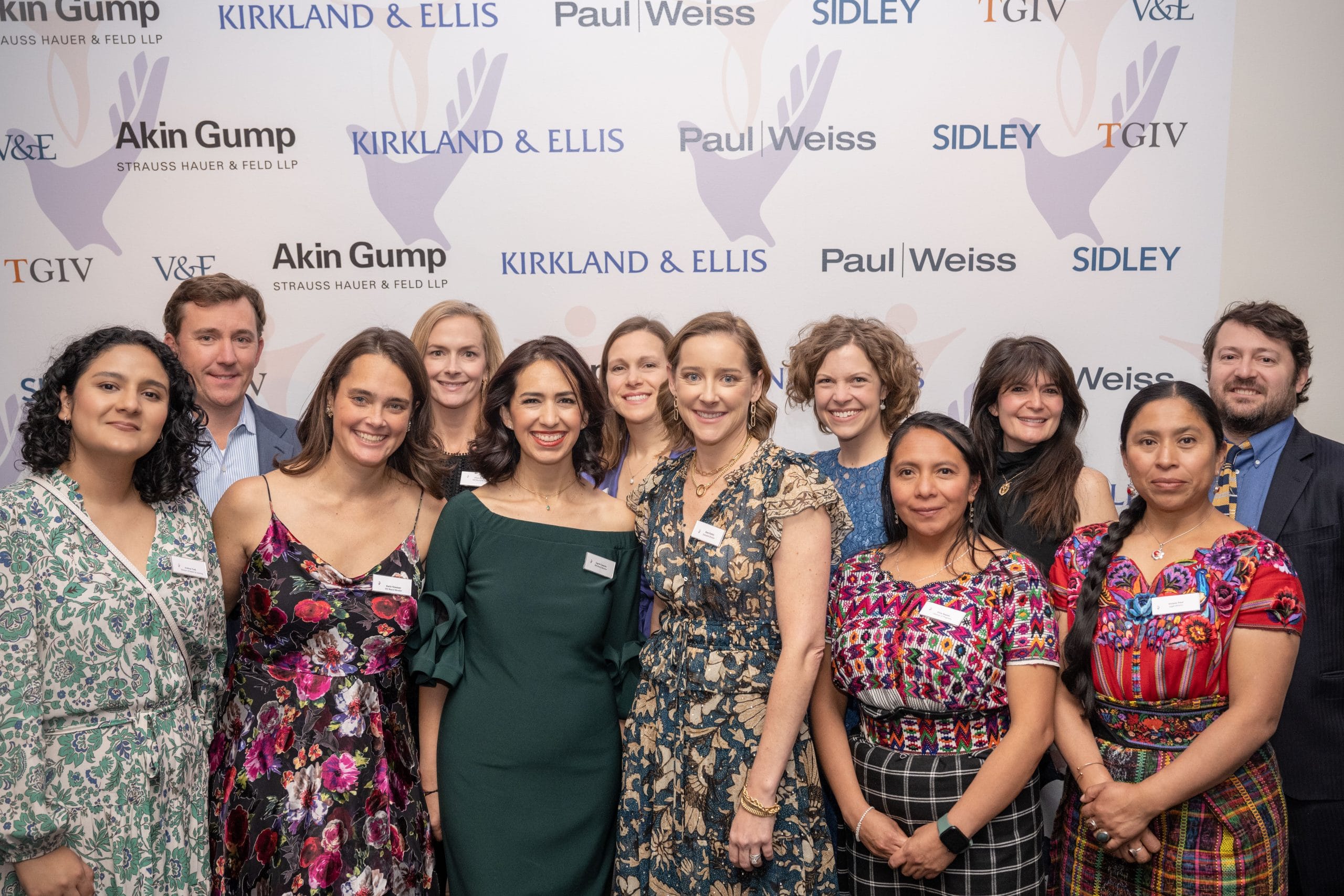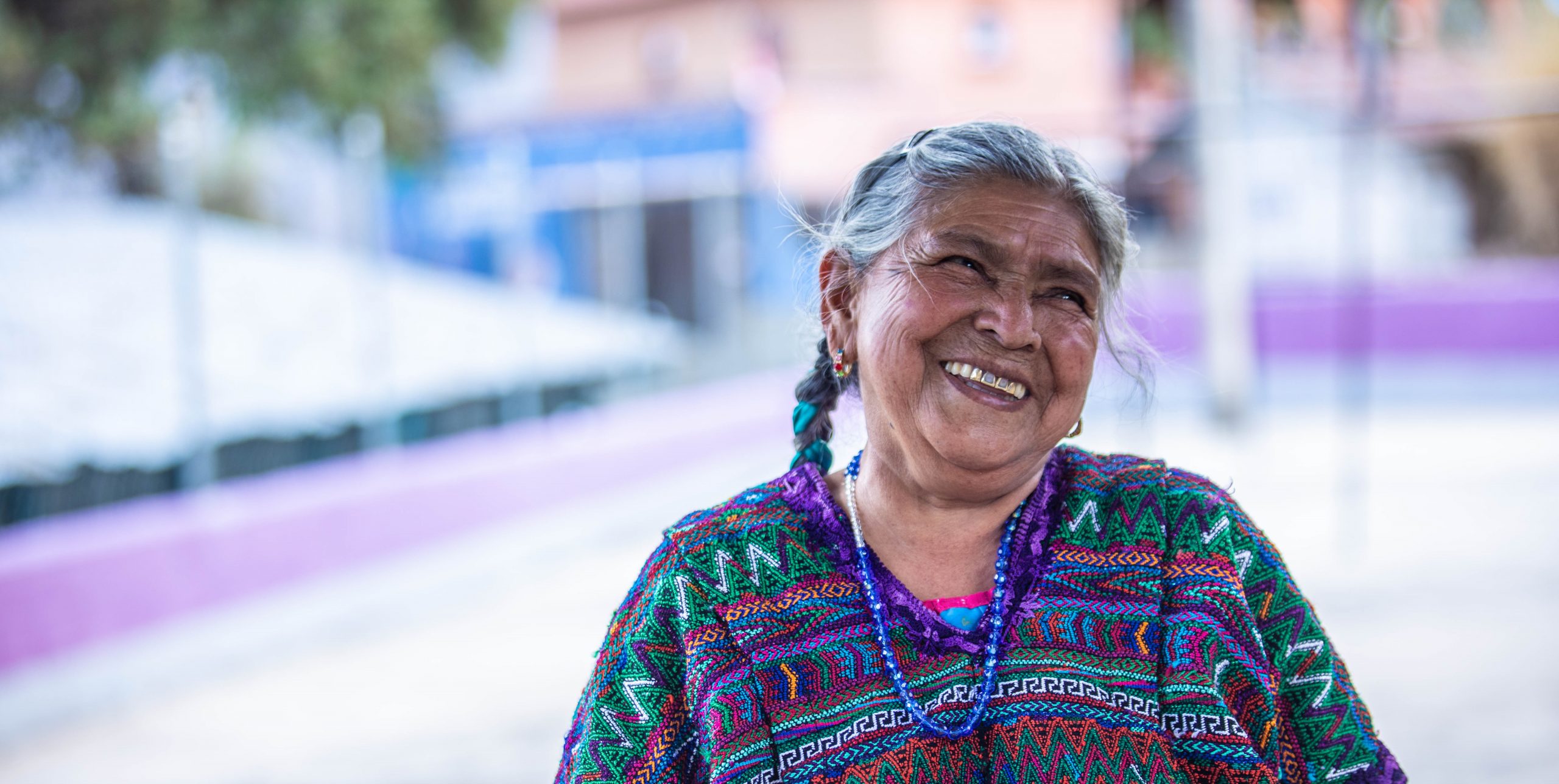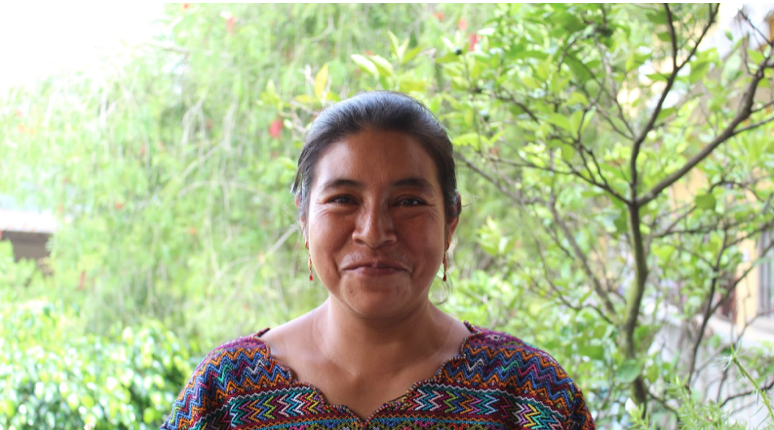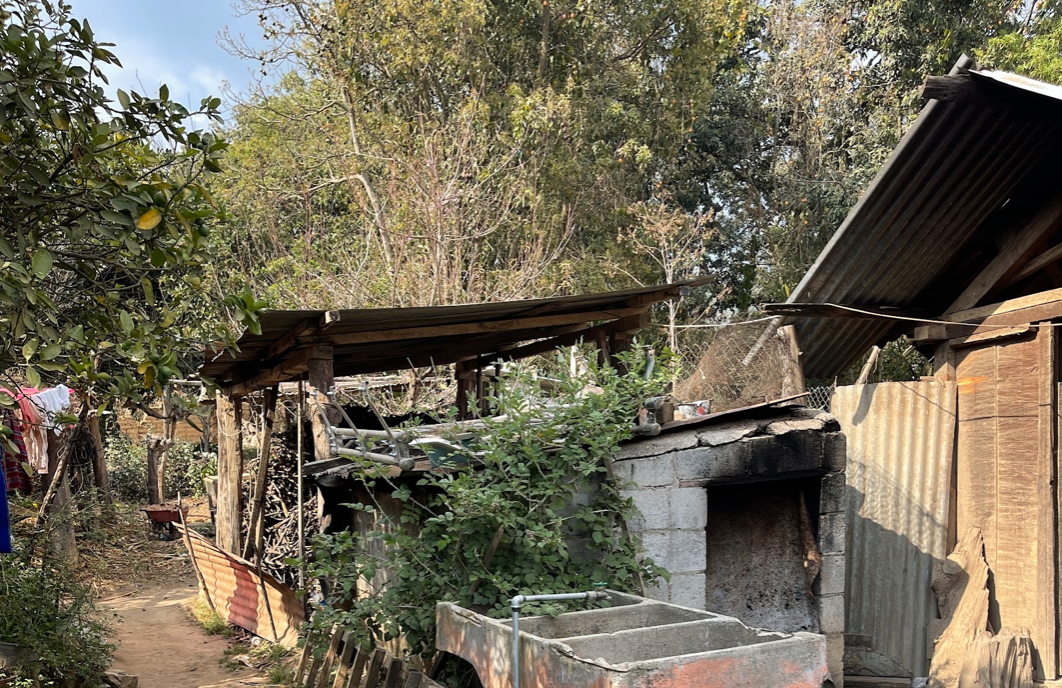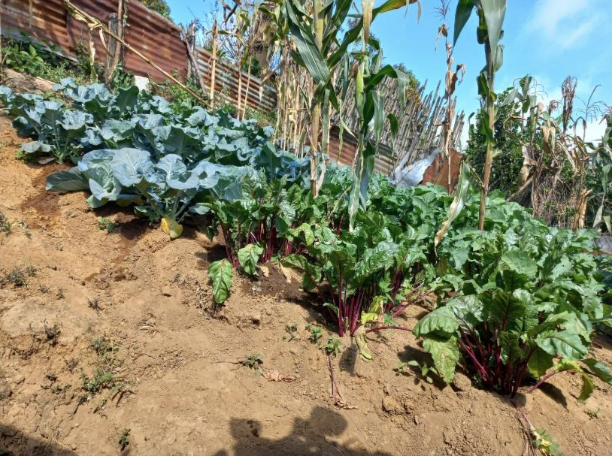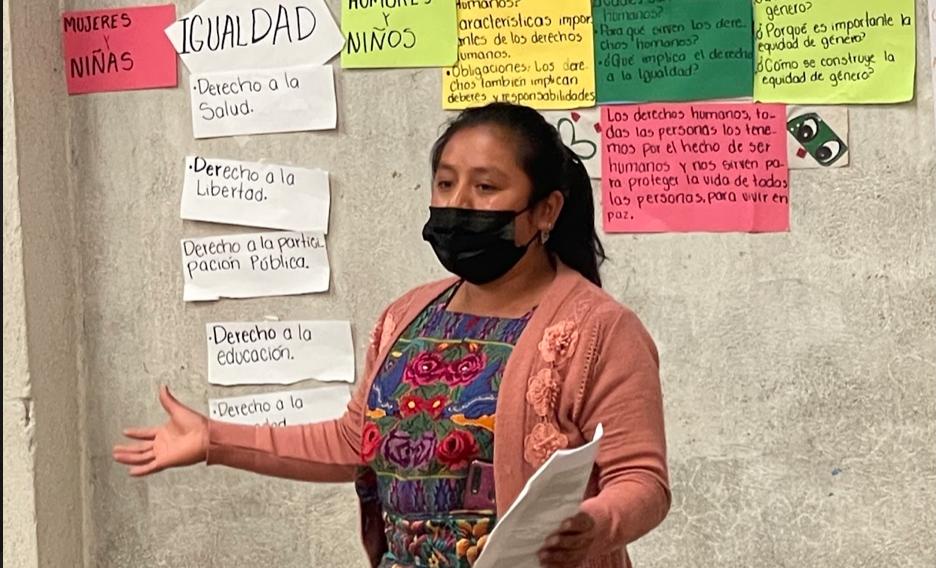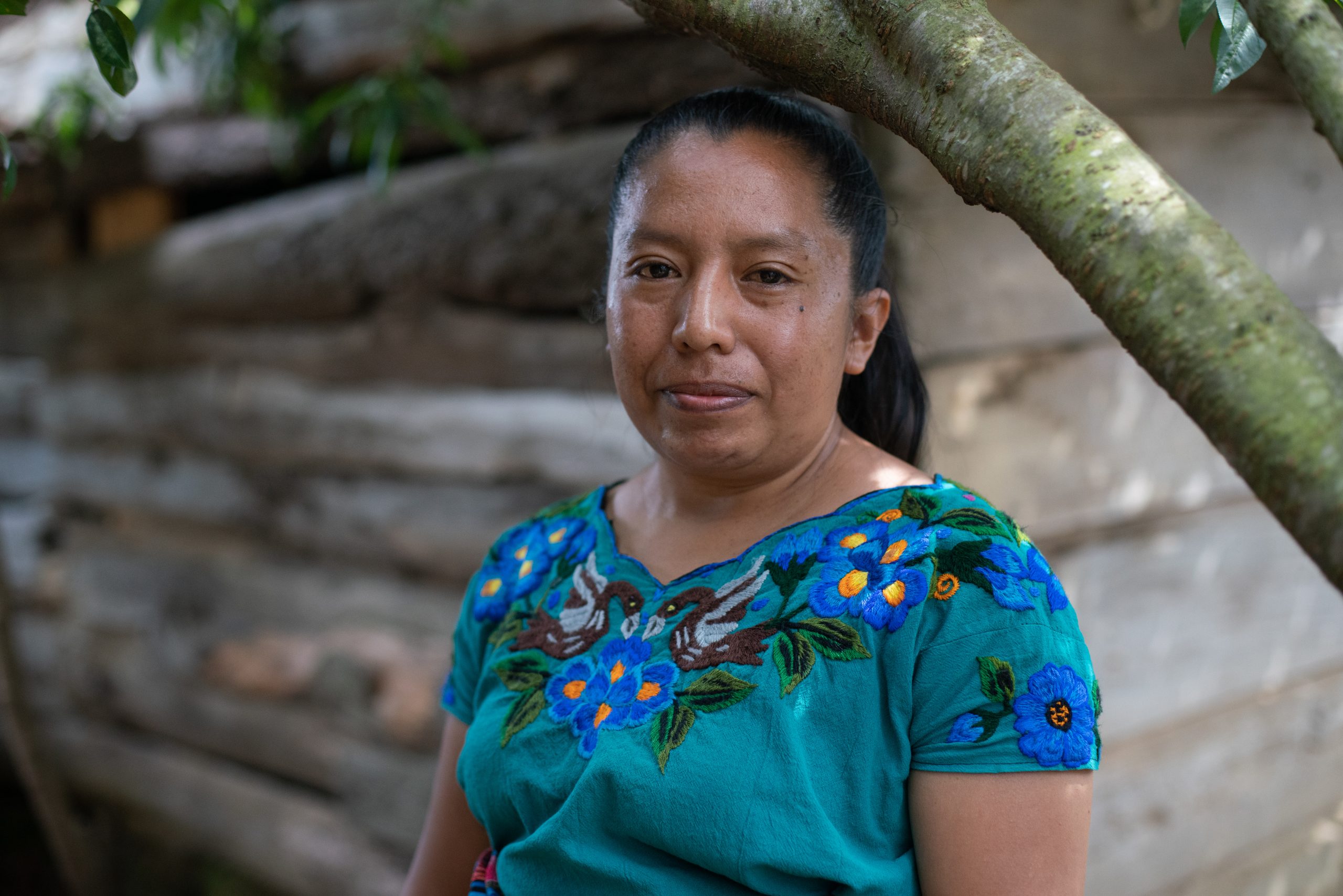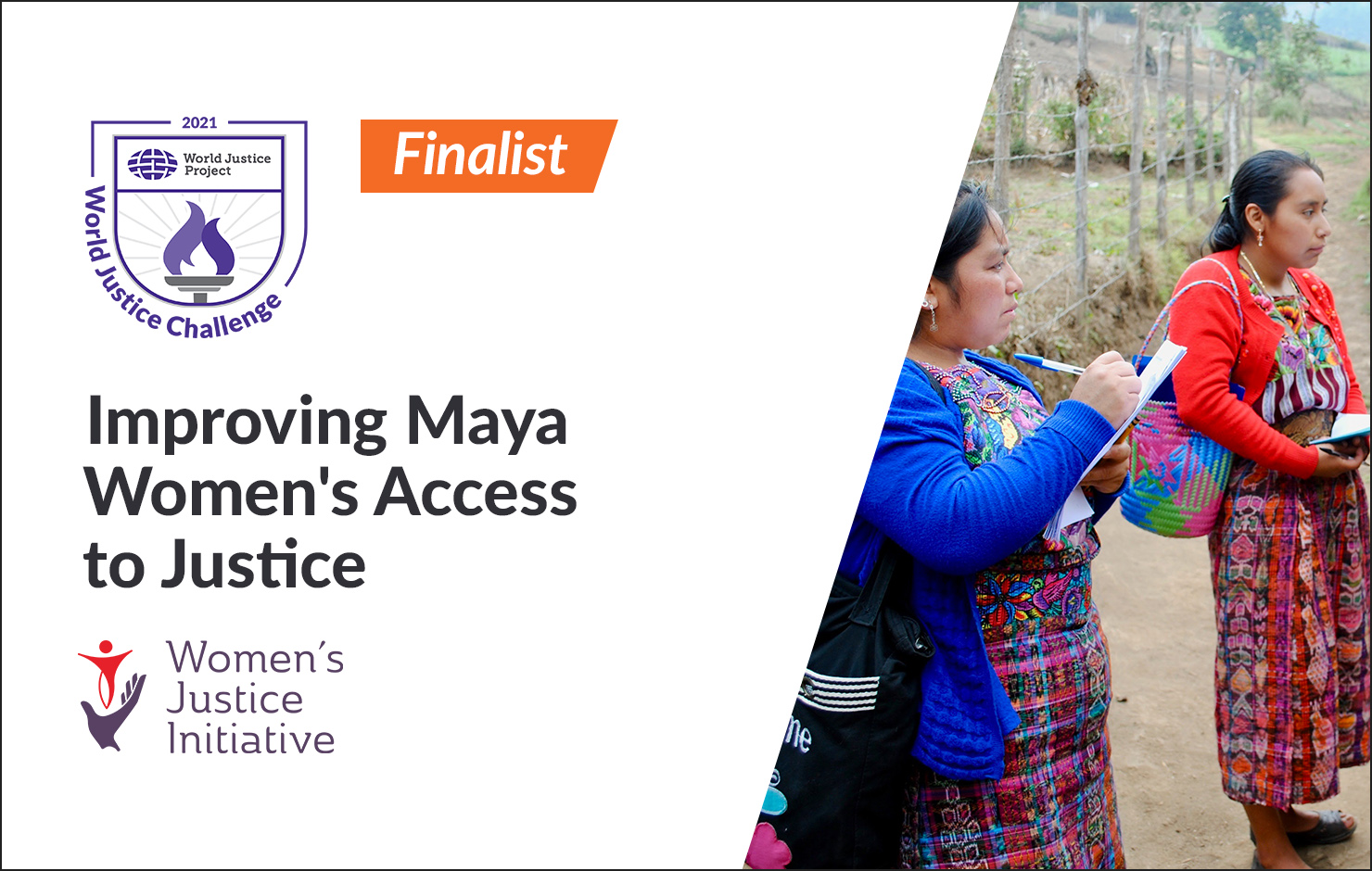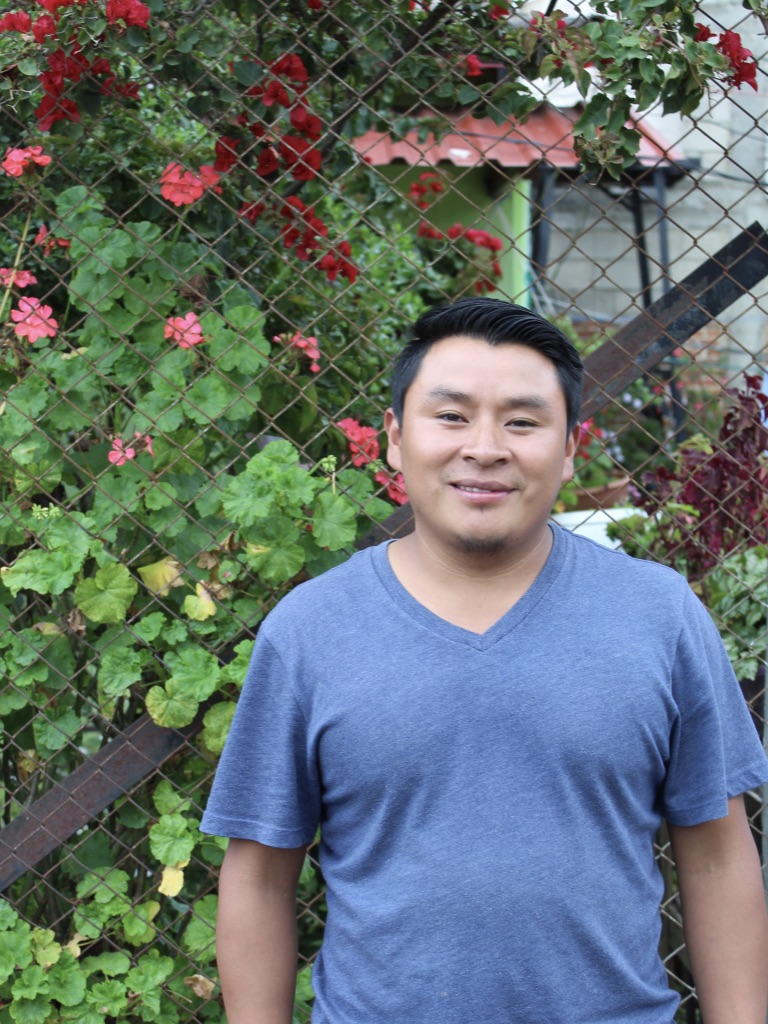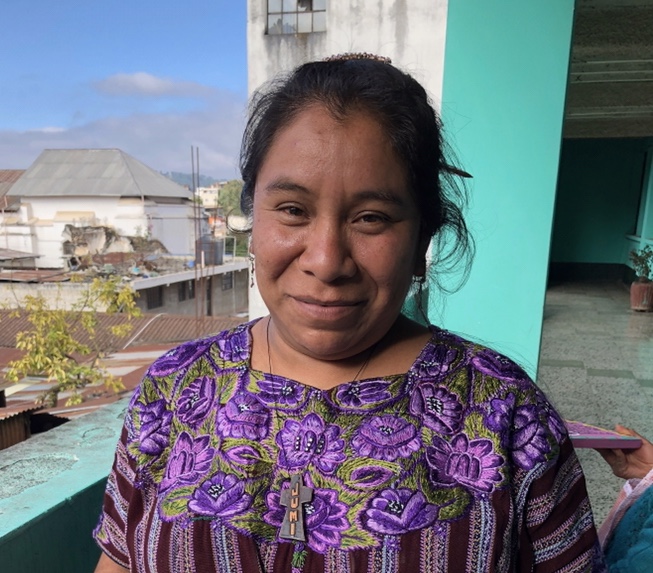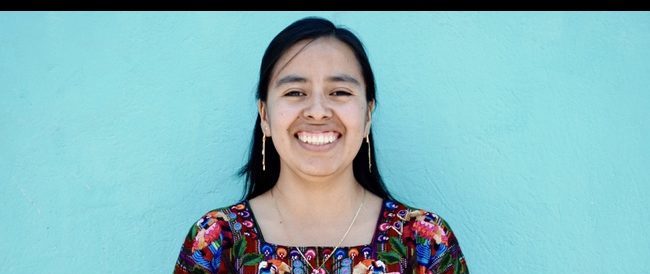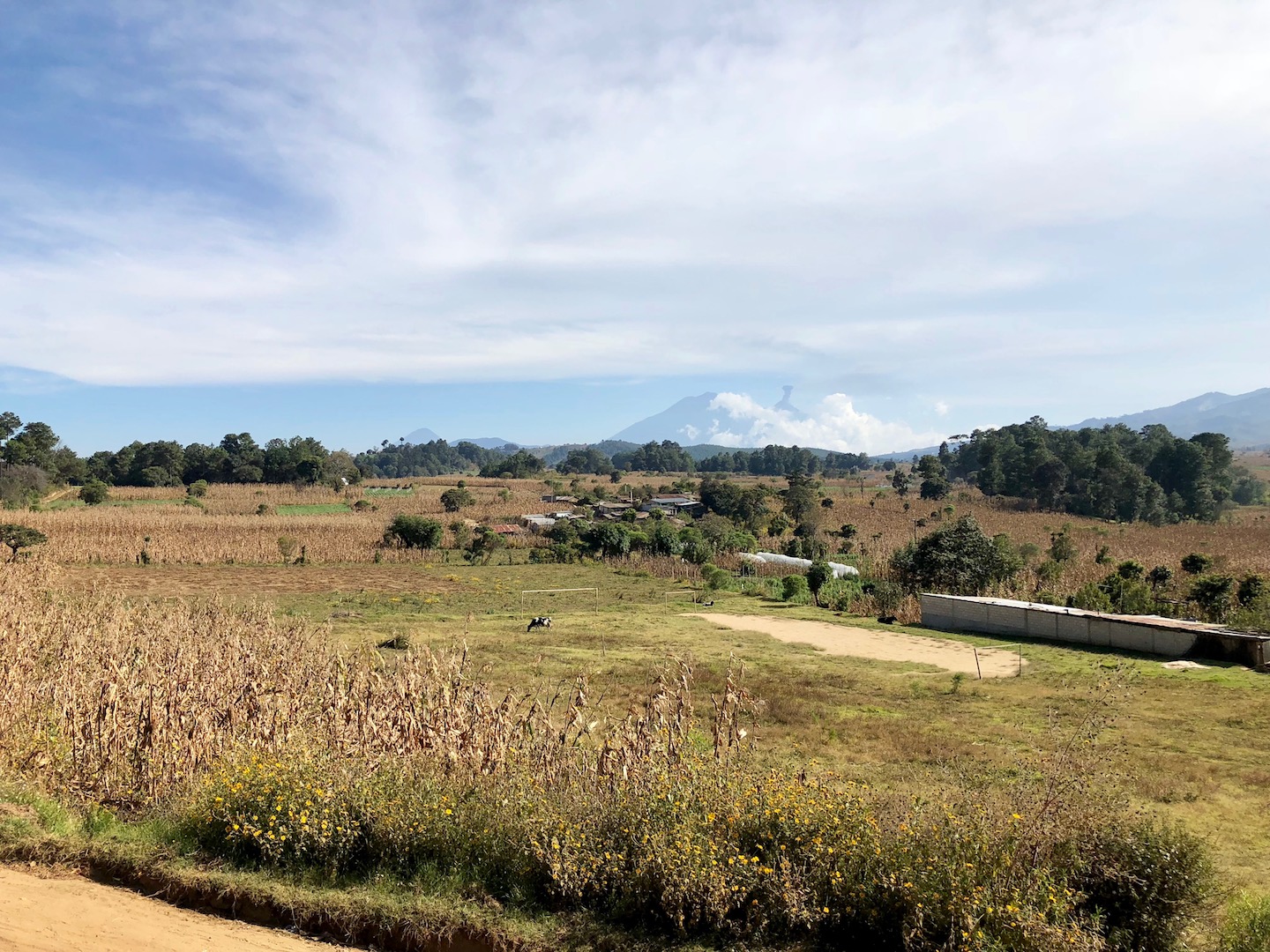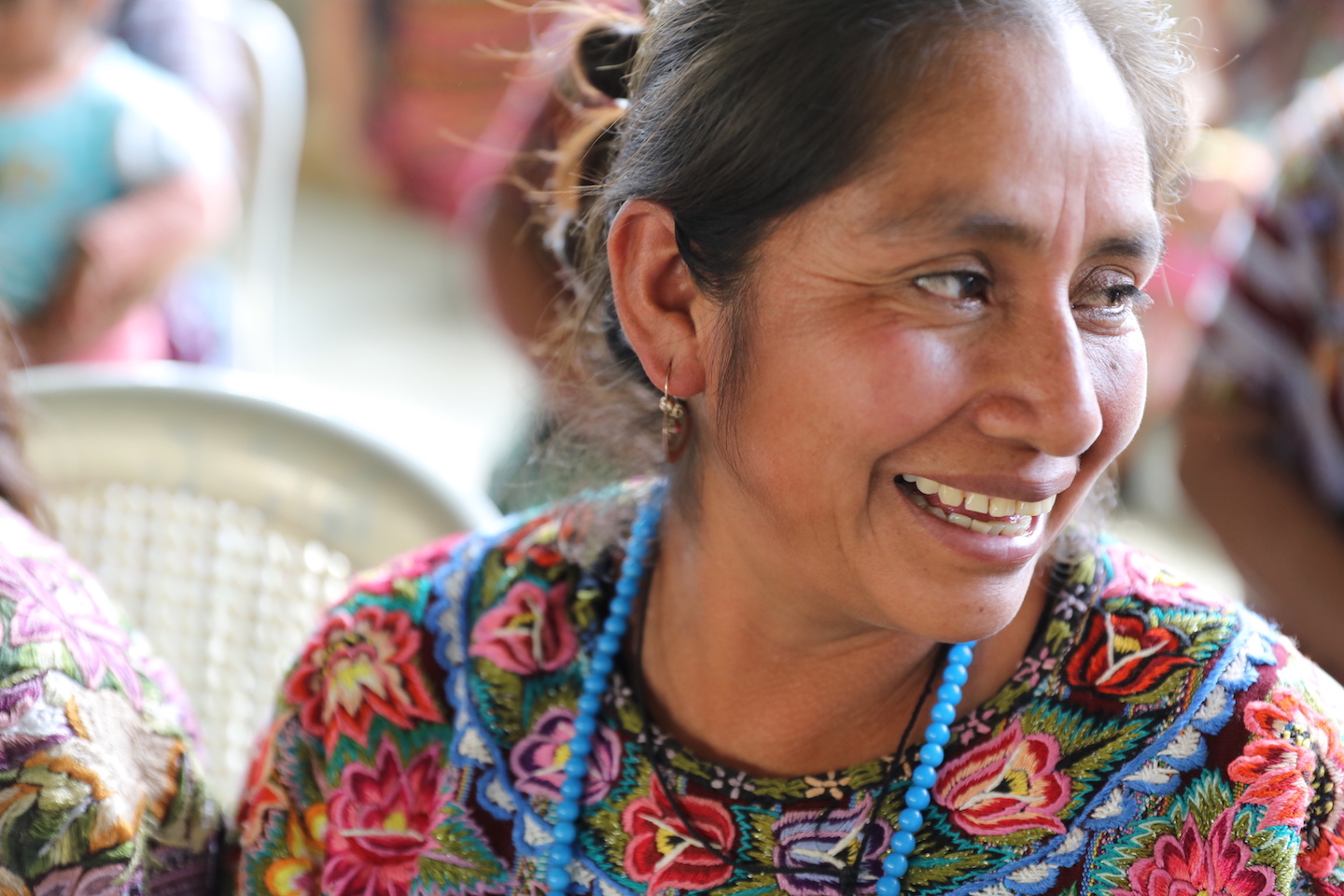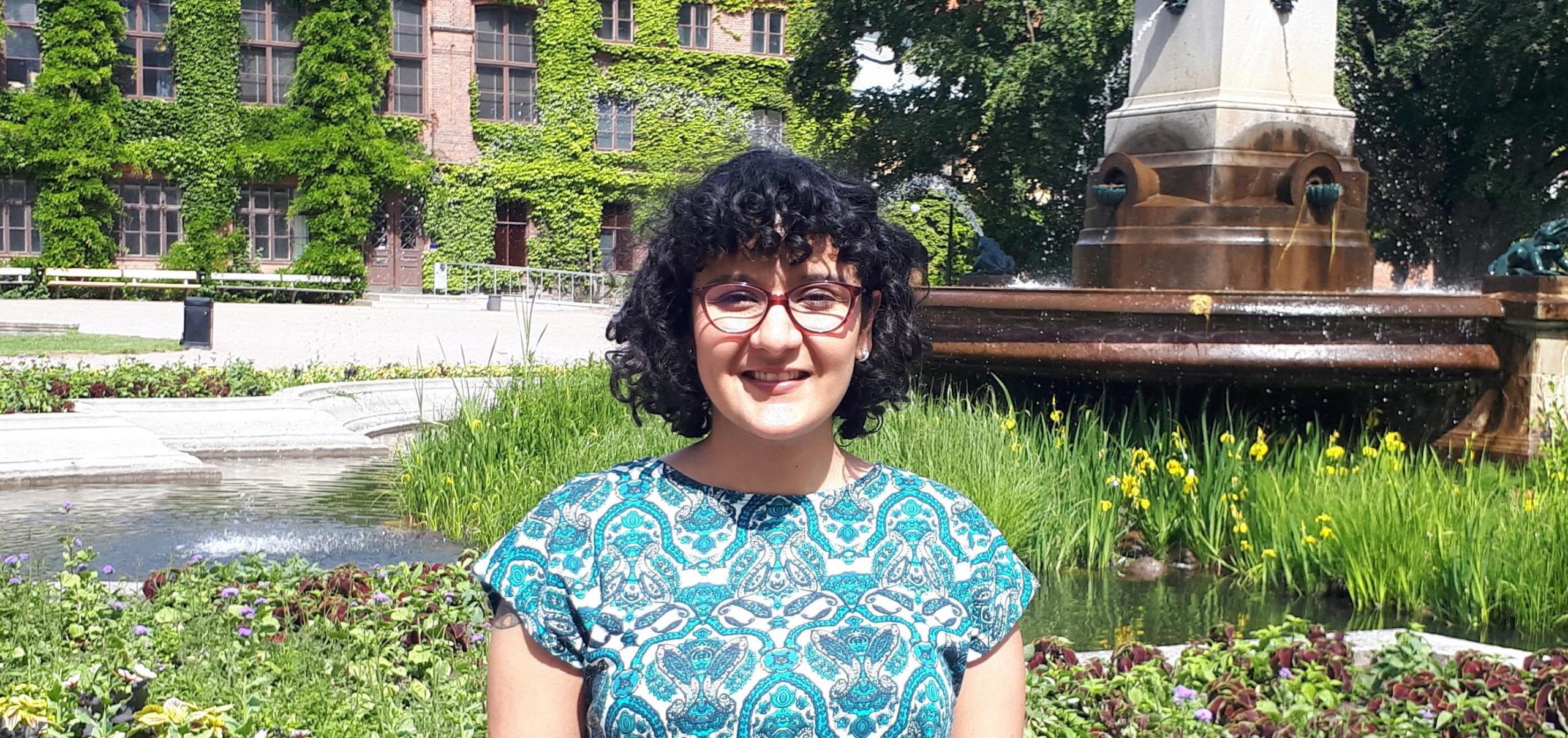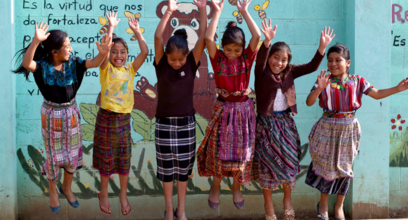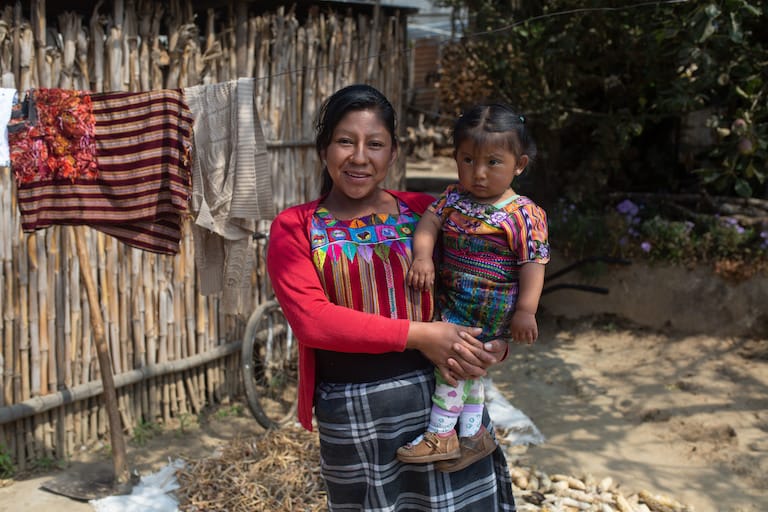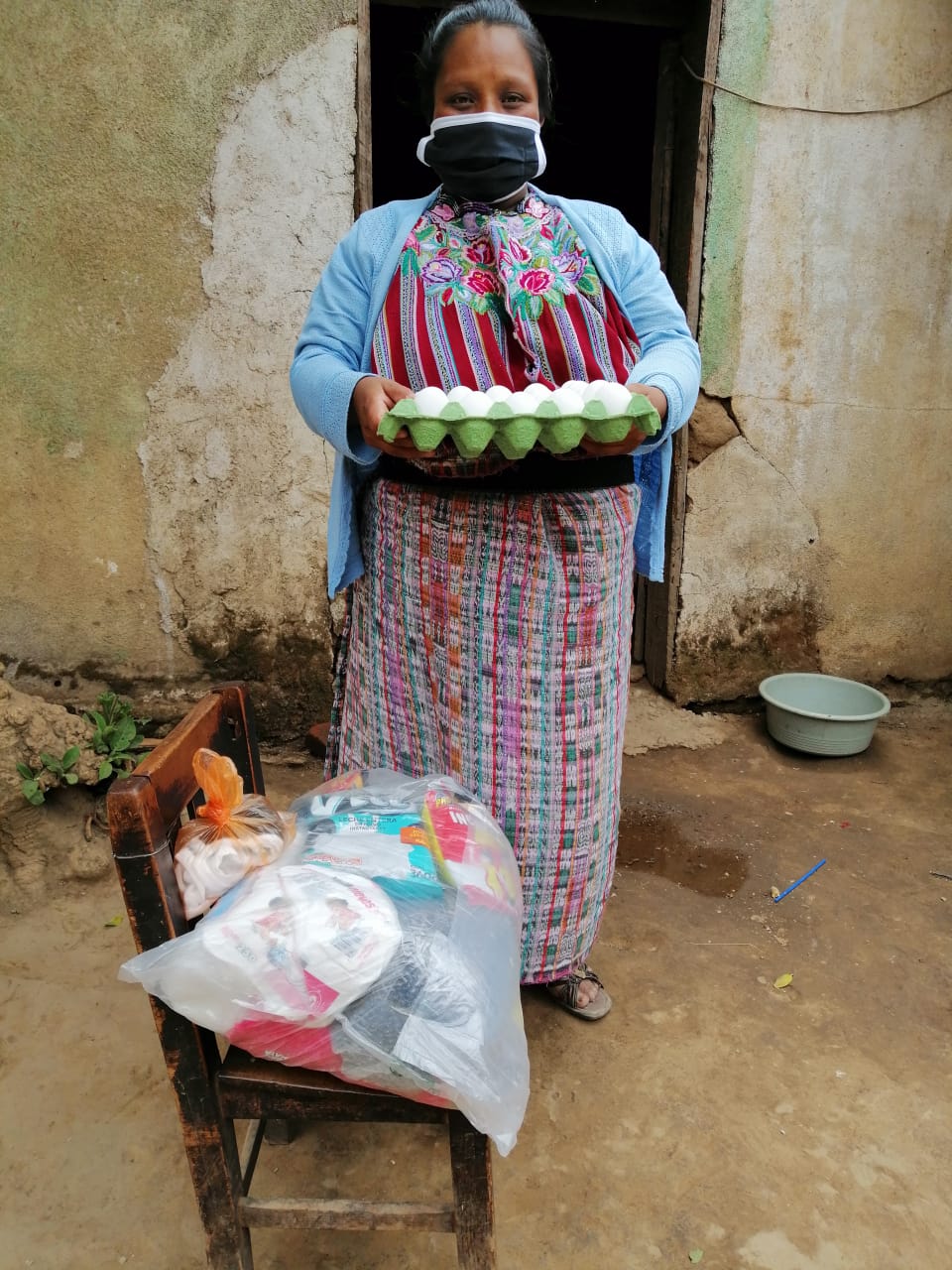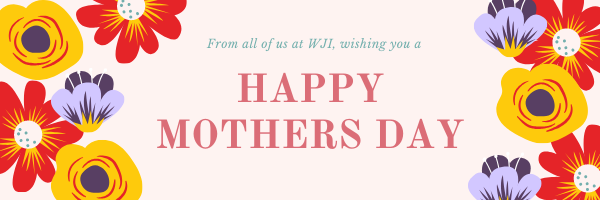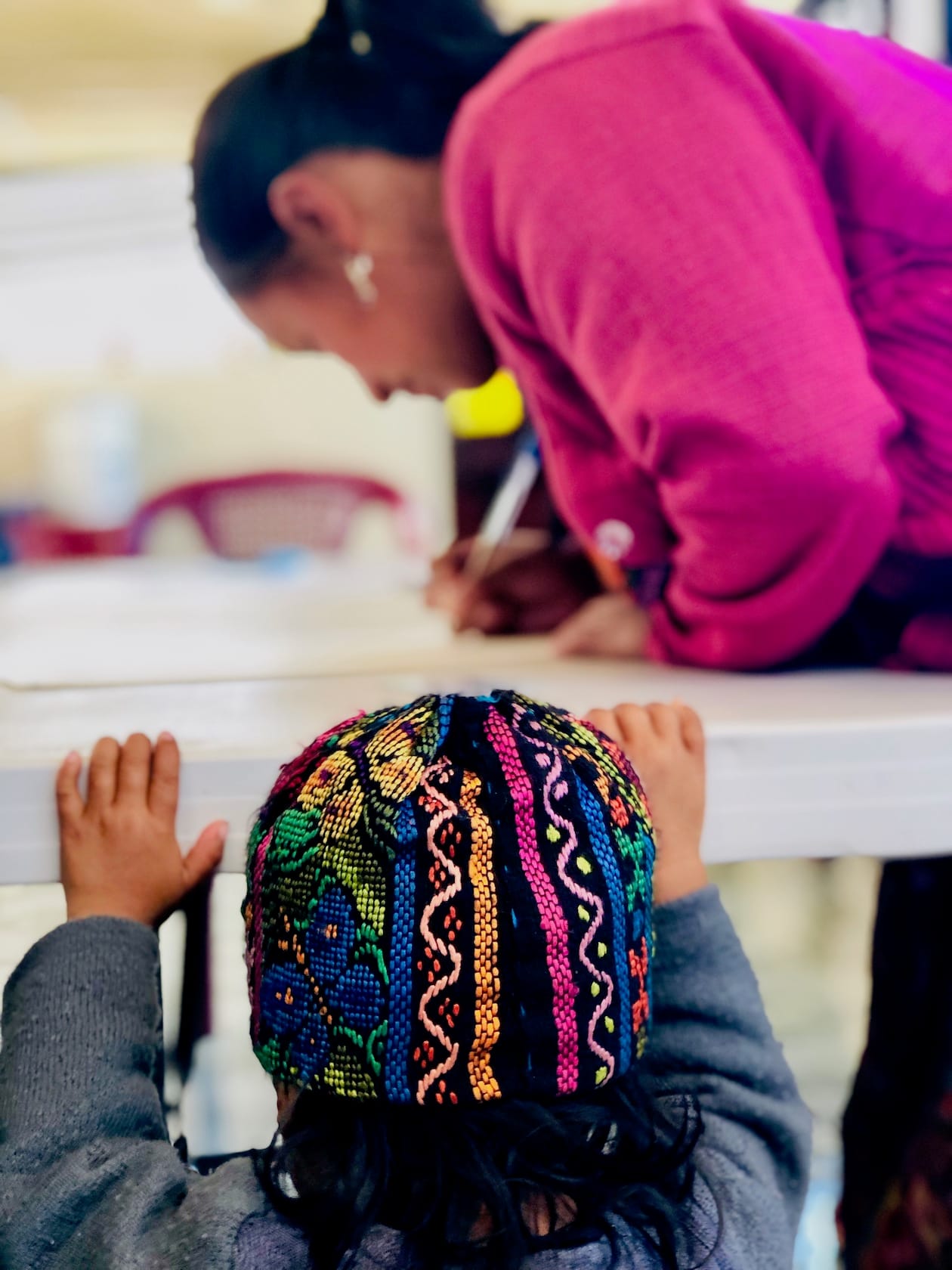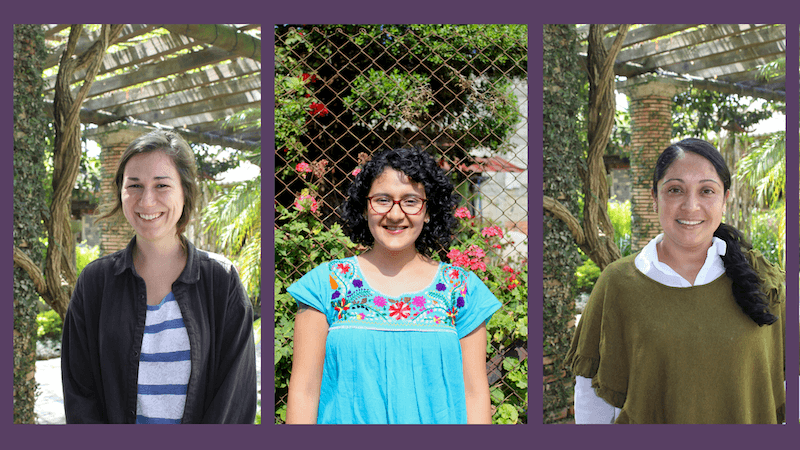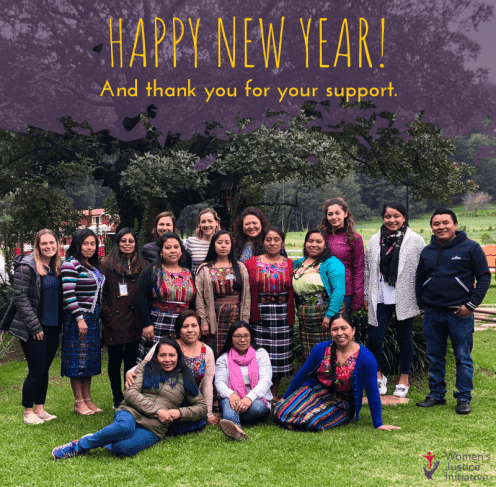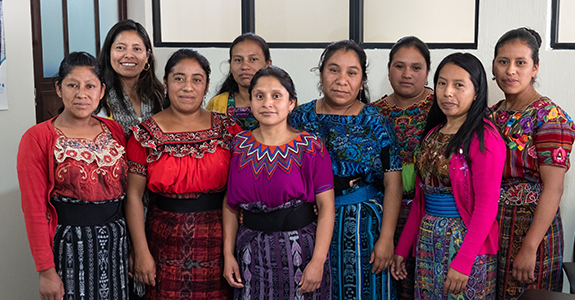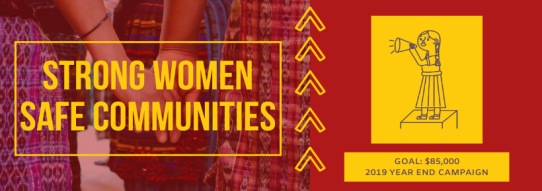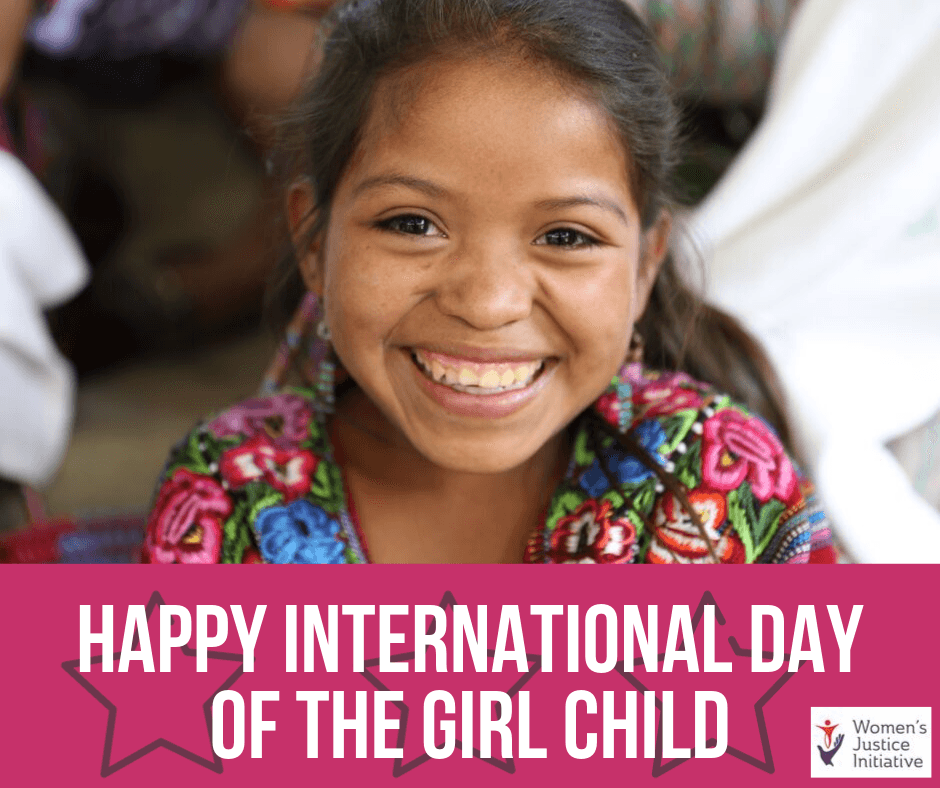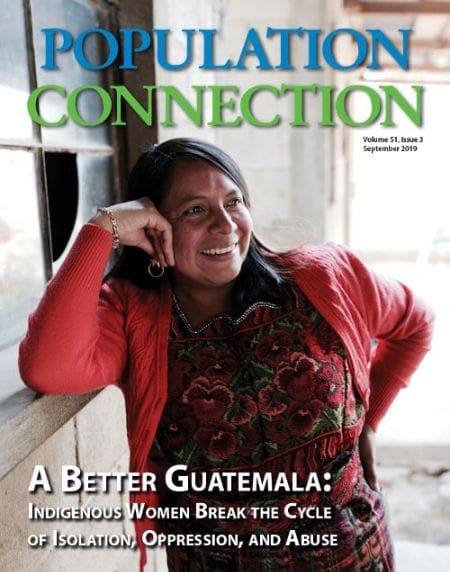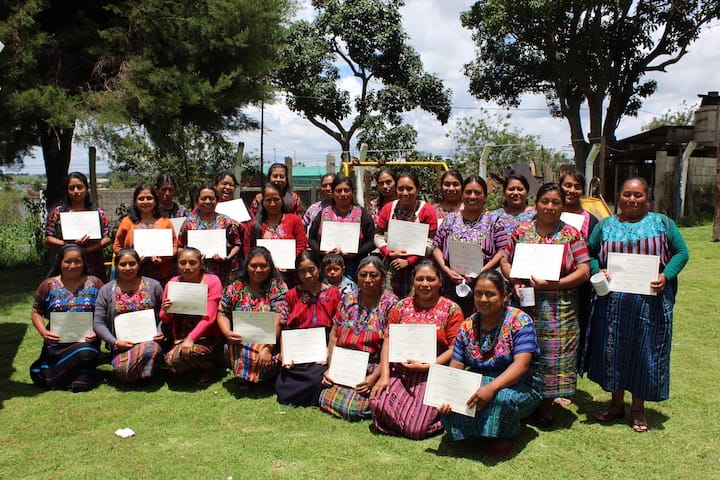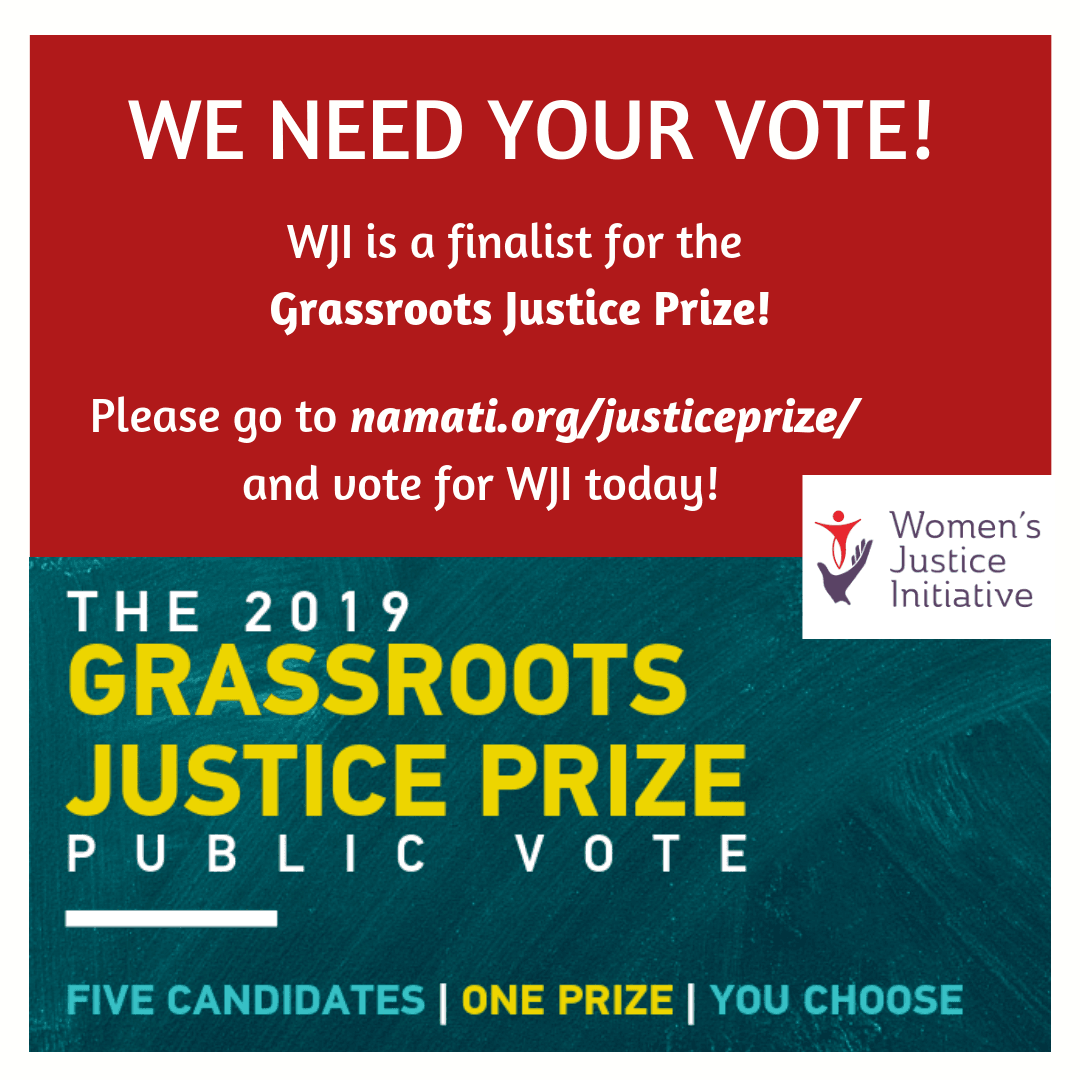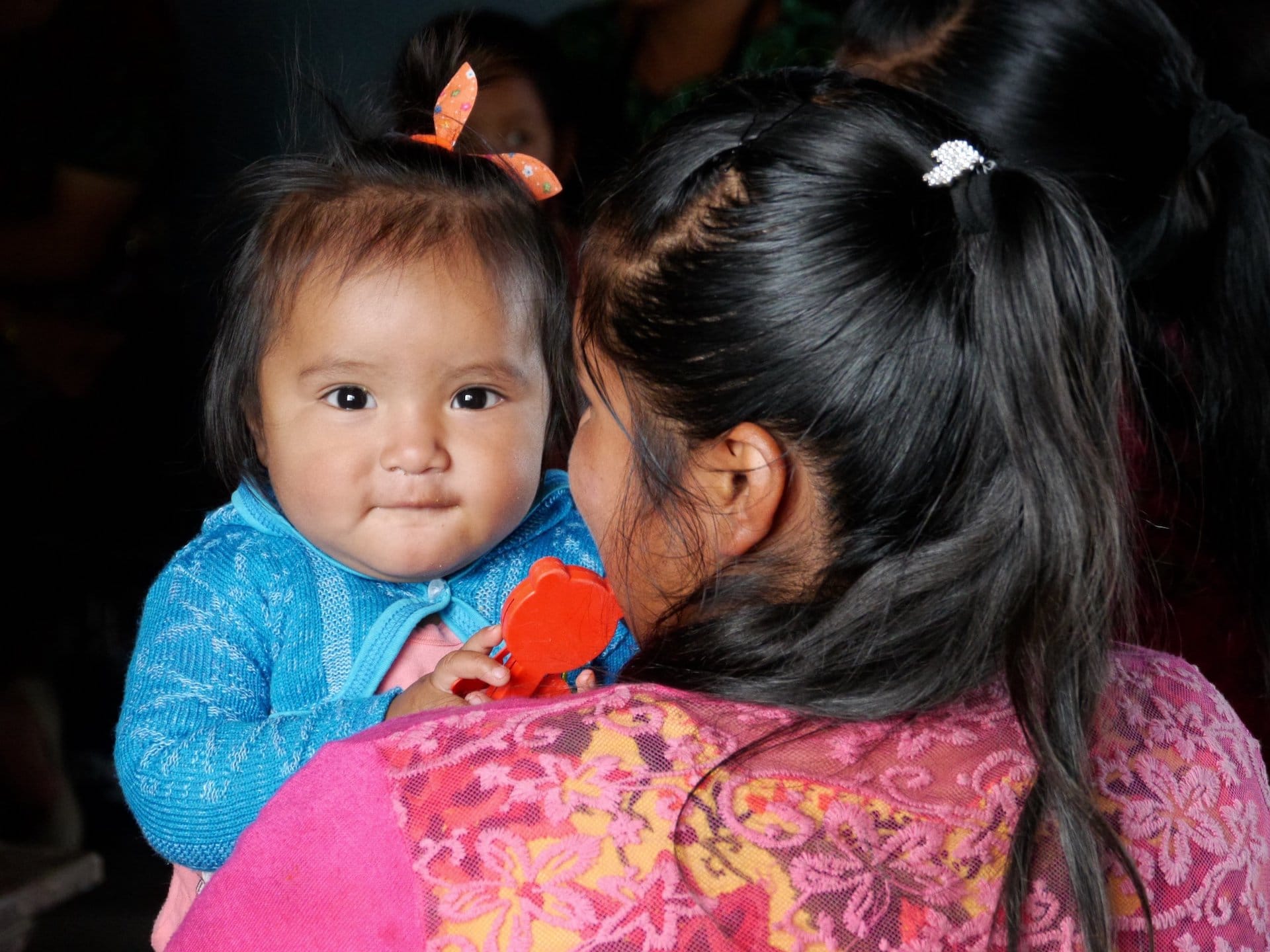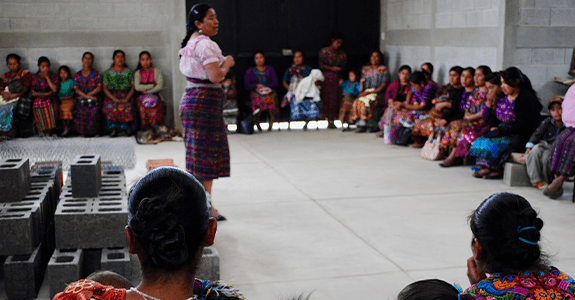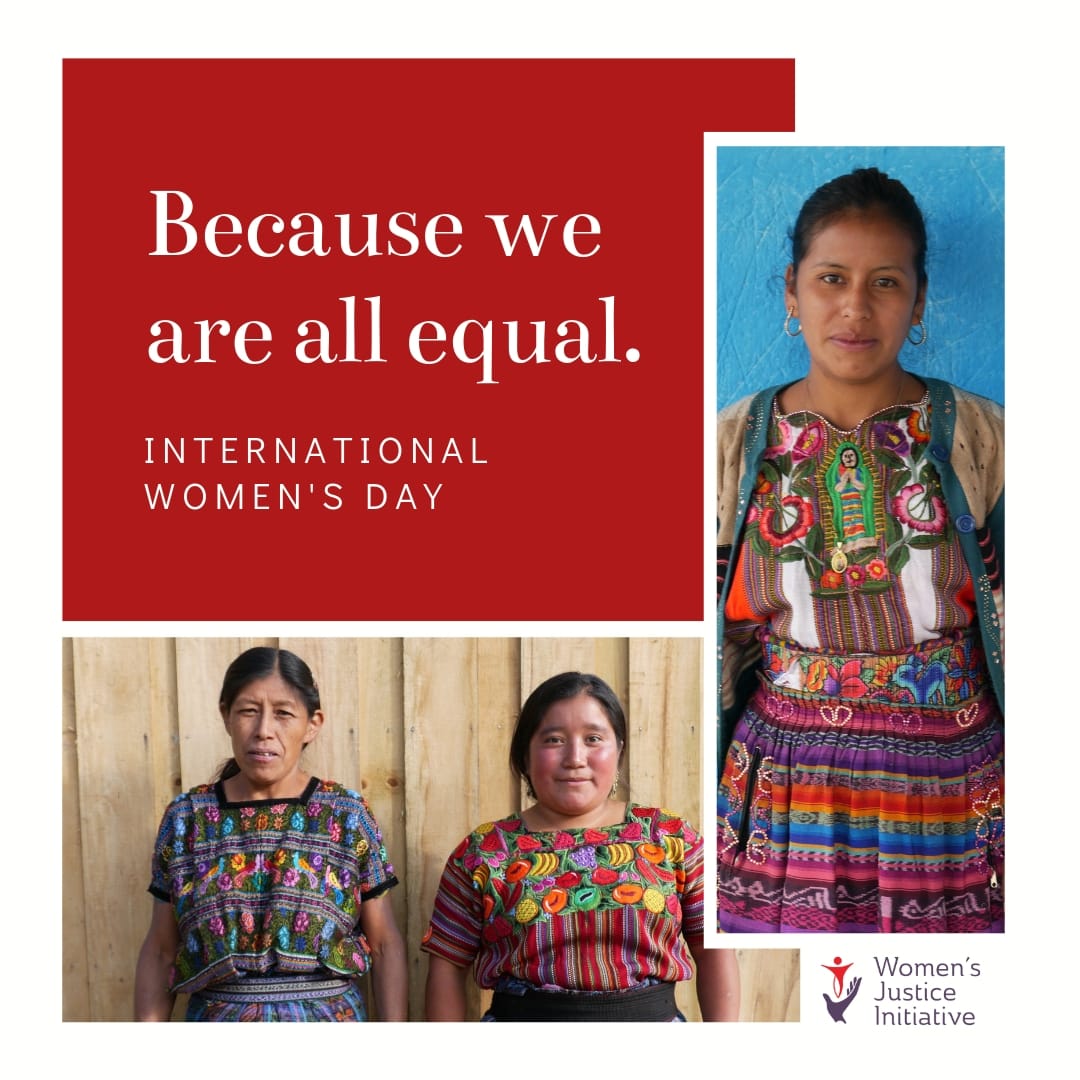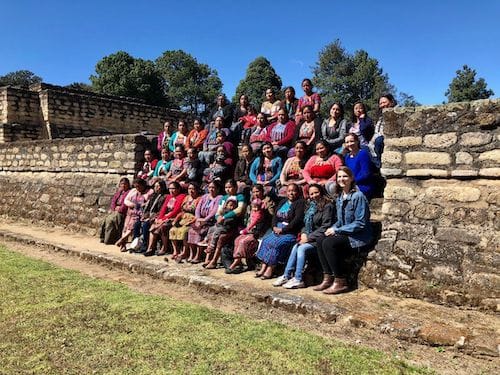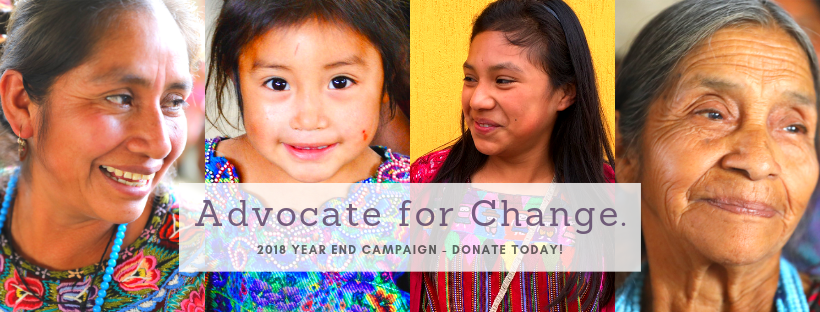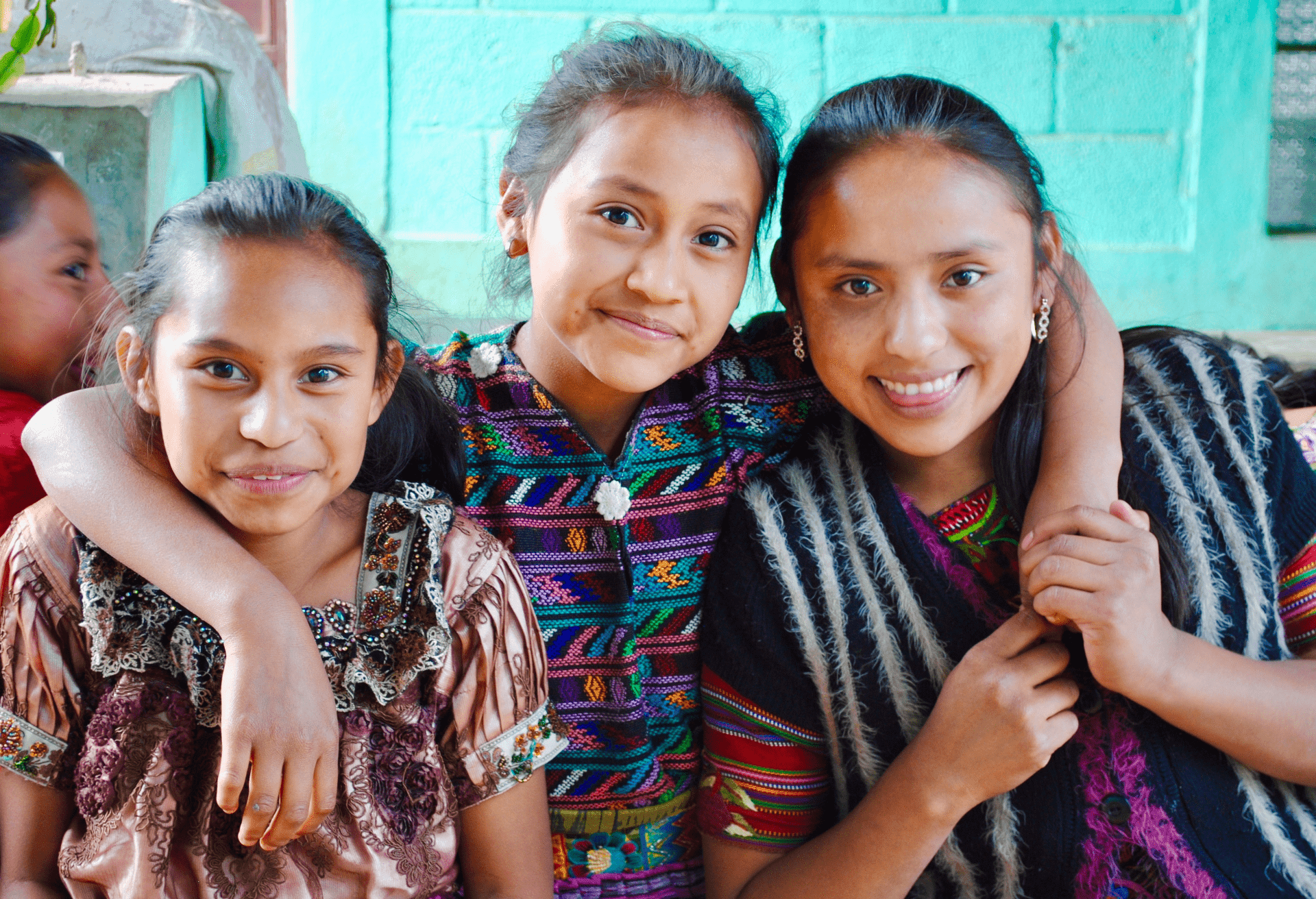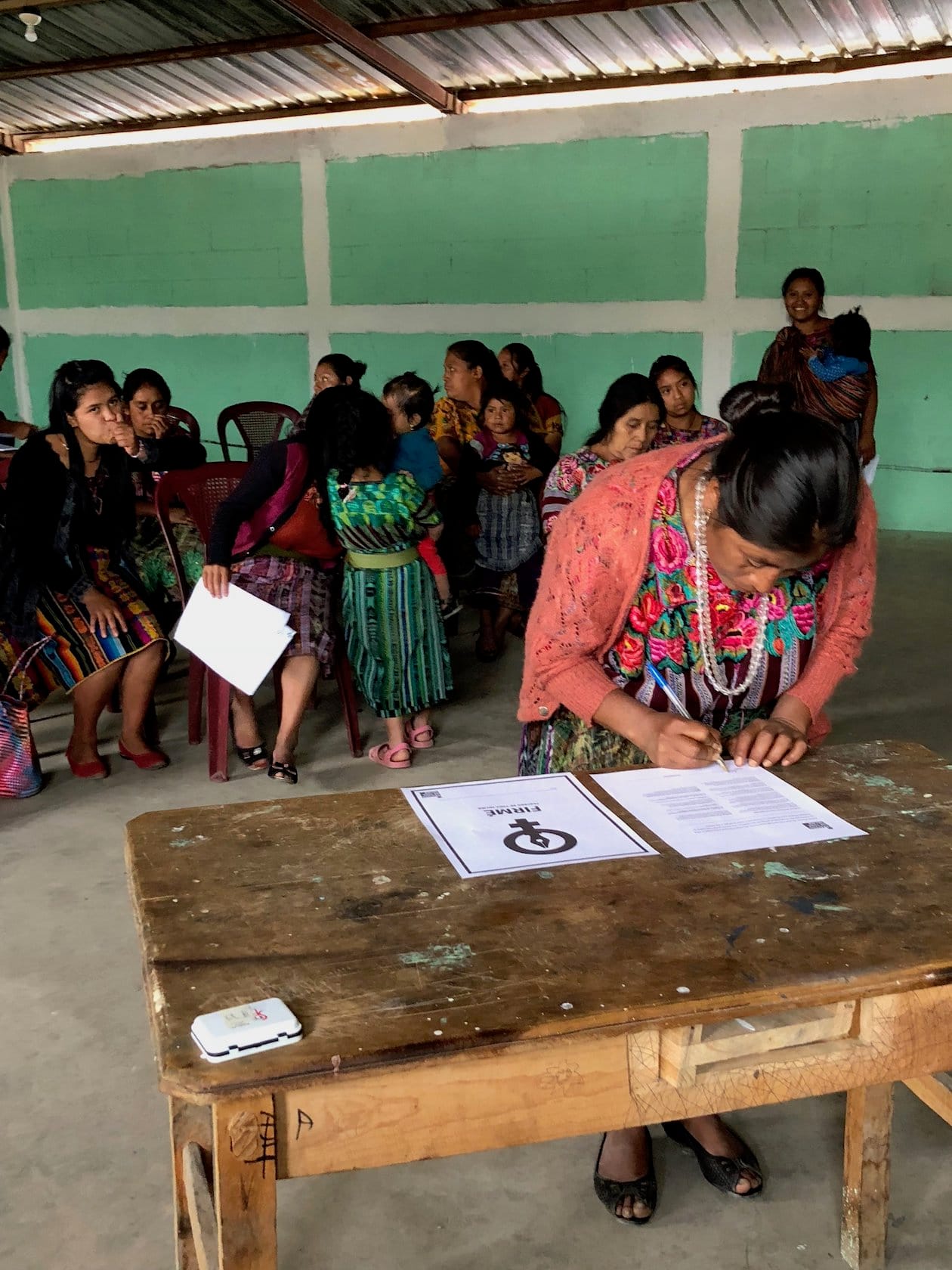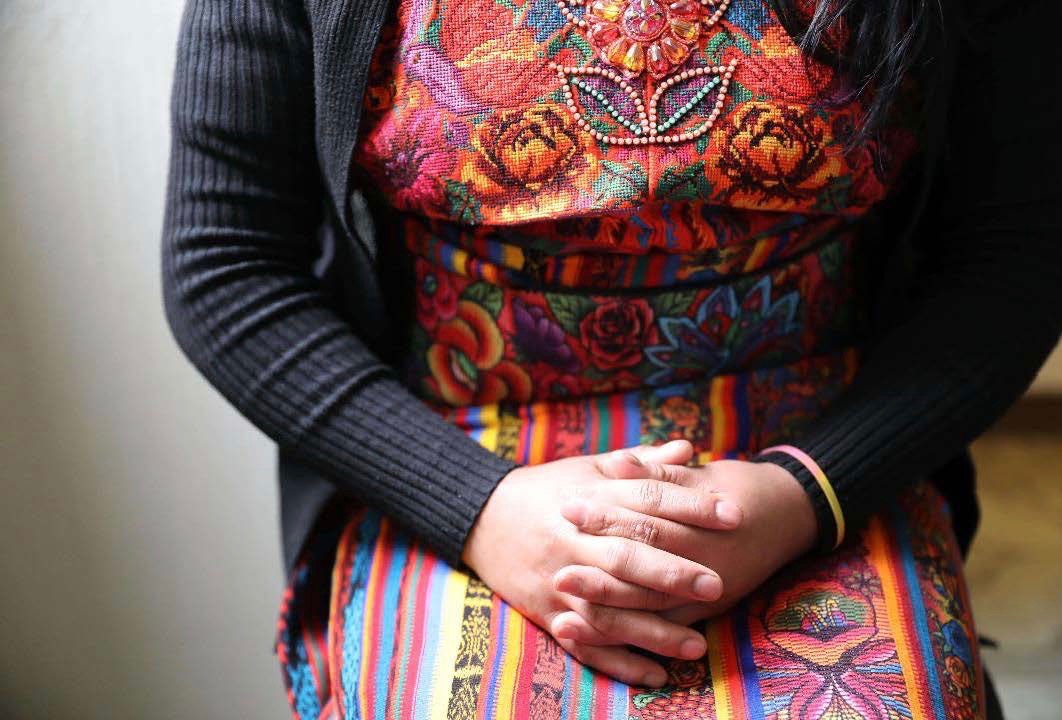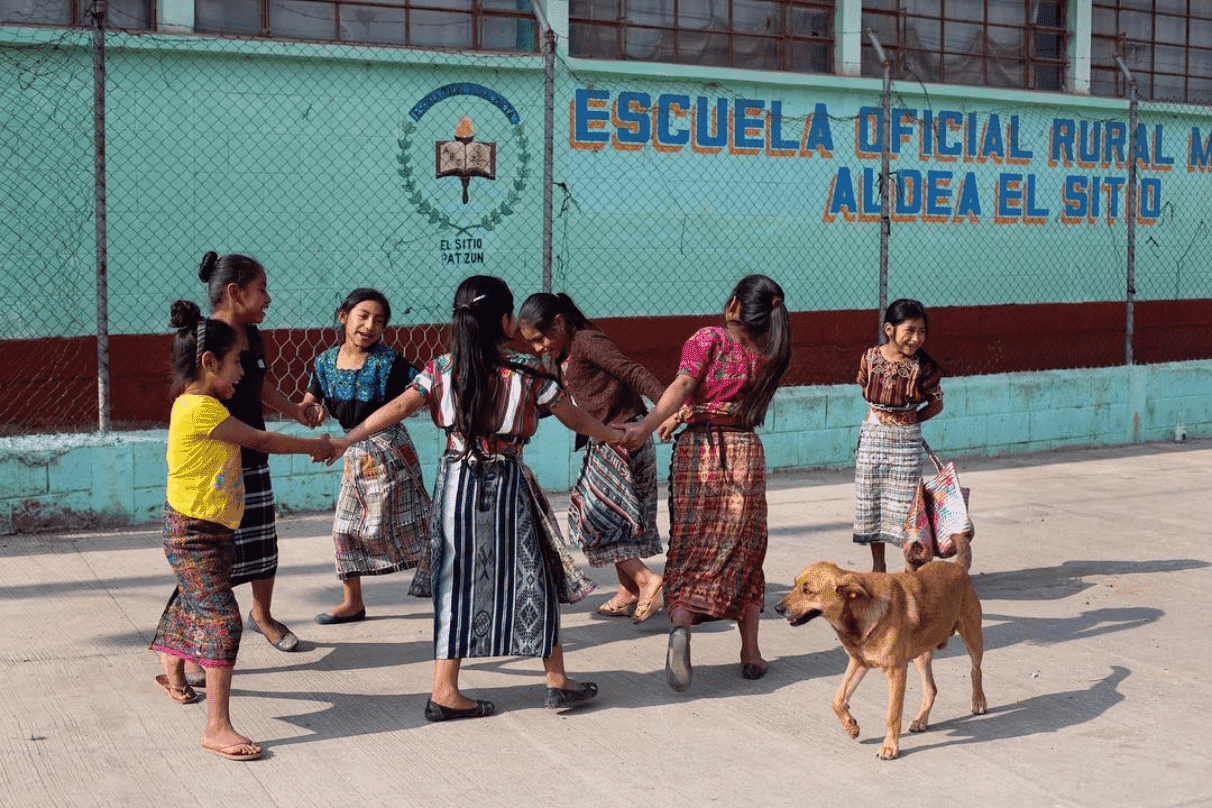We recently sat down with Ester Tomin Miculax (left) and Dora Nohemi Patricio Miculax (right), two 17-year-olds from Las Camelias who participated in WJI’s Adolescent Girls Program. Dora and Ester shared with us the impact that WJI has had on their lives, as well as the effects of the recent COVID-19 pandemic.
How did you learn about WJI? Why did you decide to participate in the Adolescent Girls Program?
Ester: My mother was trained as a Community Advocate through WJI. When the organization reached out and invited me to its meetings, I knew that the goal was for me to have greater knowledge about my rights as a woman, so I didn’t hesitate to register. I knew that I could better defend my rights if I had more knowledge about them.
Dora: I learned about WJI through my mother who had trained as a Community Advocate. I decided to get involved because I saw my mom become a stronger person through the knowledge that she acquired in WJI’s workshops.
How do you believe the Adolescent Girls Program has impacted your life? How do you feel after participating in the program?
Ester: I have a lot of knowledge now about my rights in comparison to beforehand, when I didn’t even know that I had any rights. Also, now I understand the importance of not marrying right now because I am very young and there are more possibilities of suffering violence if I marry at a young age.
Dora: What has impacted me the most is that I realized that I can decide whether or not I want to marry. Currently, I still have no intention of marrying because I am very young and I know the consequences of marrying at an early age. I’ve considered getting married one day, but I understand now that it is a decision and not an obligation.
How have you been affected by the COVID-19 pandemic and the economic crisis?
Ester: Unfortunately, the pandemic has affected me and my family a lot because we lost a loved one. My father has spent various years living in the United States because he migrated there to seek beek work opportunities and be able to cover the costs of my family’s needs. He passed away this May due to COVID-19, and this loss has been devastating to my family. My mother is worried because my father was the main provider for my family economically, and my mom is trying to figure out how to help us move forward. I had to give up my studies this year because my mother struggled to pay for them and I also could not concentrate after the loss of my father.
Dora: The pandemic has affected my family a lot economically, as jobs are irregular and people are earning much less now. Also, I was sick in June (I had severe headaches and nosebleeds), but my parents were afraid to take me to the public hospital because of the risk of catching COVID-19 there. They took me to a private hospital for some time (even though it was too costly for us), but eventually I had to get transferred to the national hospital because I was losing too much blood. I was at the point of dying, but slowly, I recovered.
What are your plans for the future?
Ester: Currently, I am making and selling güipiles (traditional blouses). I learned how to sew them through WJI. One day, I hope to go back to school. WJI is providing me with psychological counseling and also helping me find scholarship opportunities.
Dora: I am embroidering and selling güipiles at the moment, but I hope to one day become an entrepreneur and create a large business based on my embroidery.
